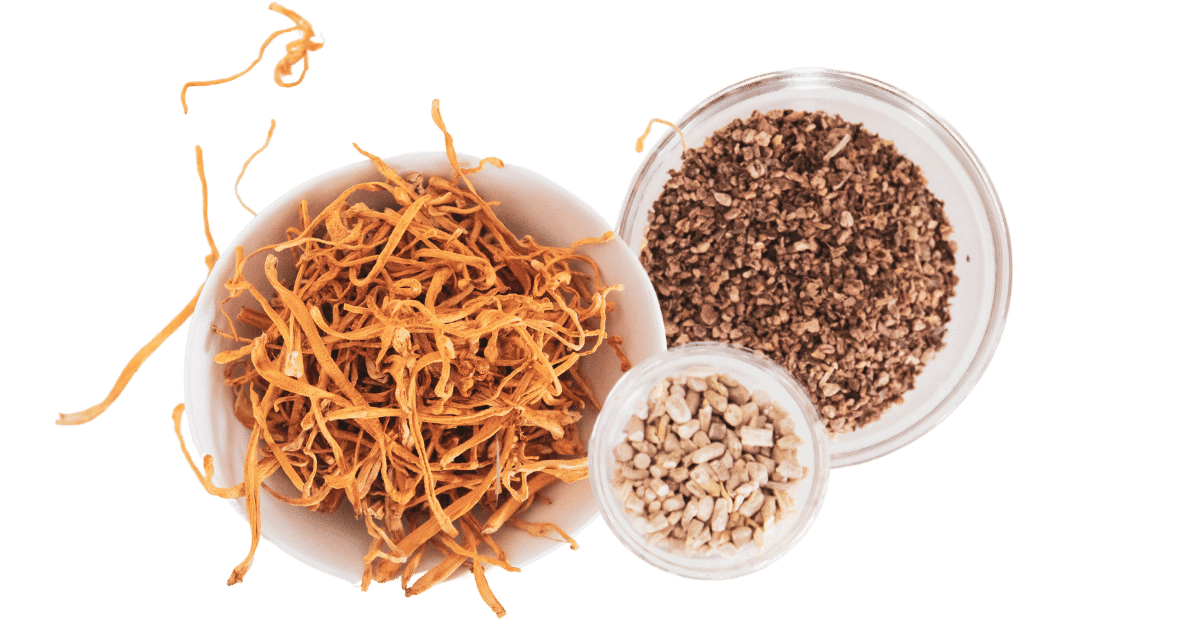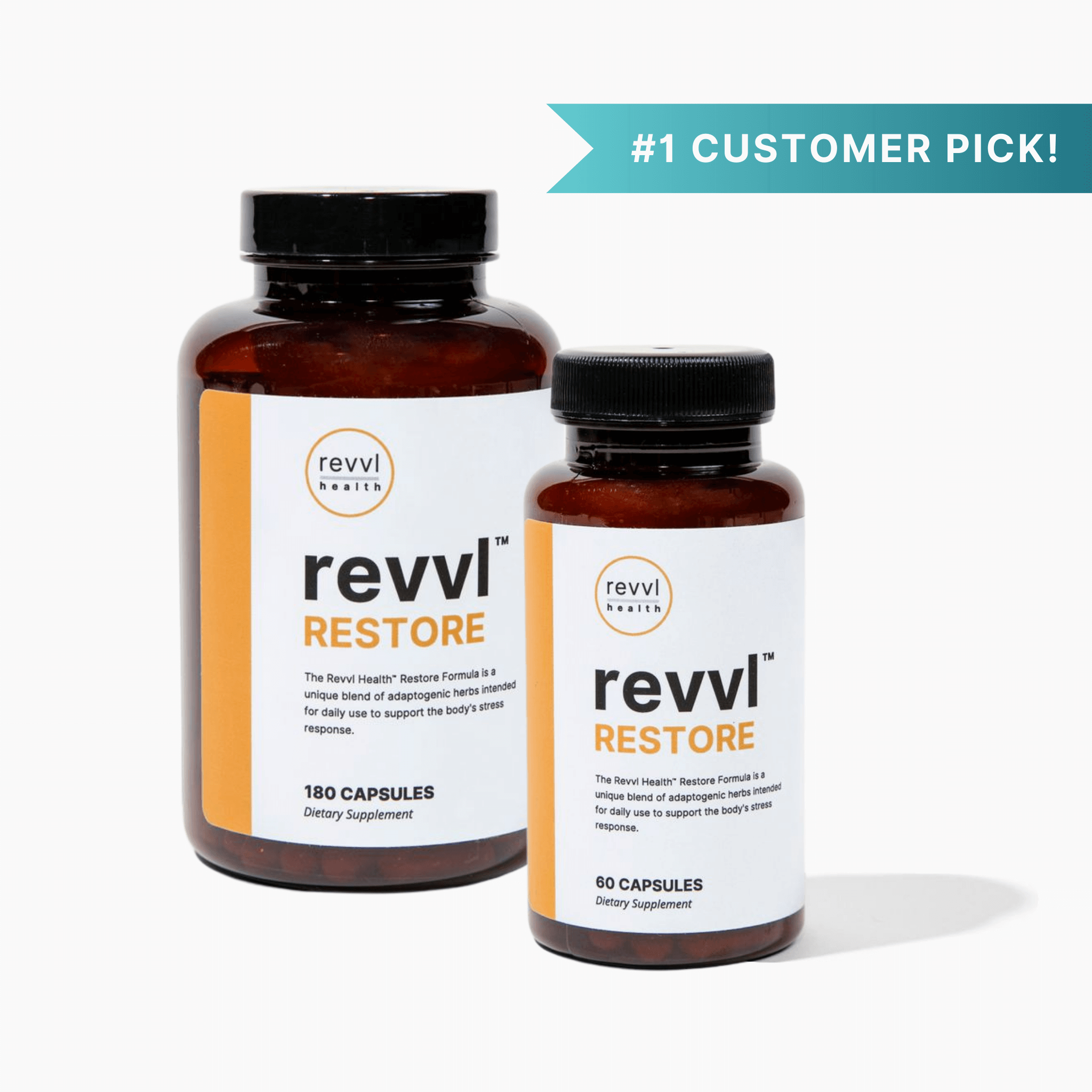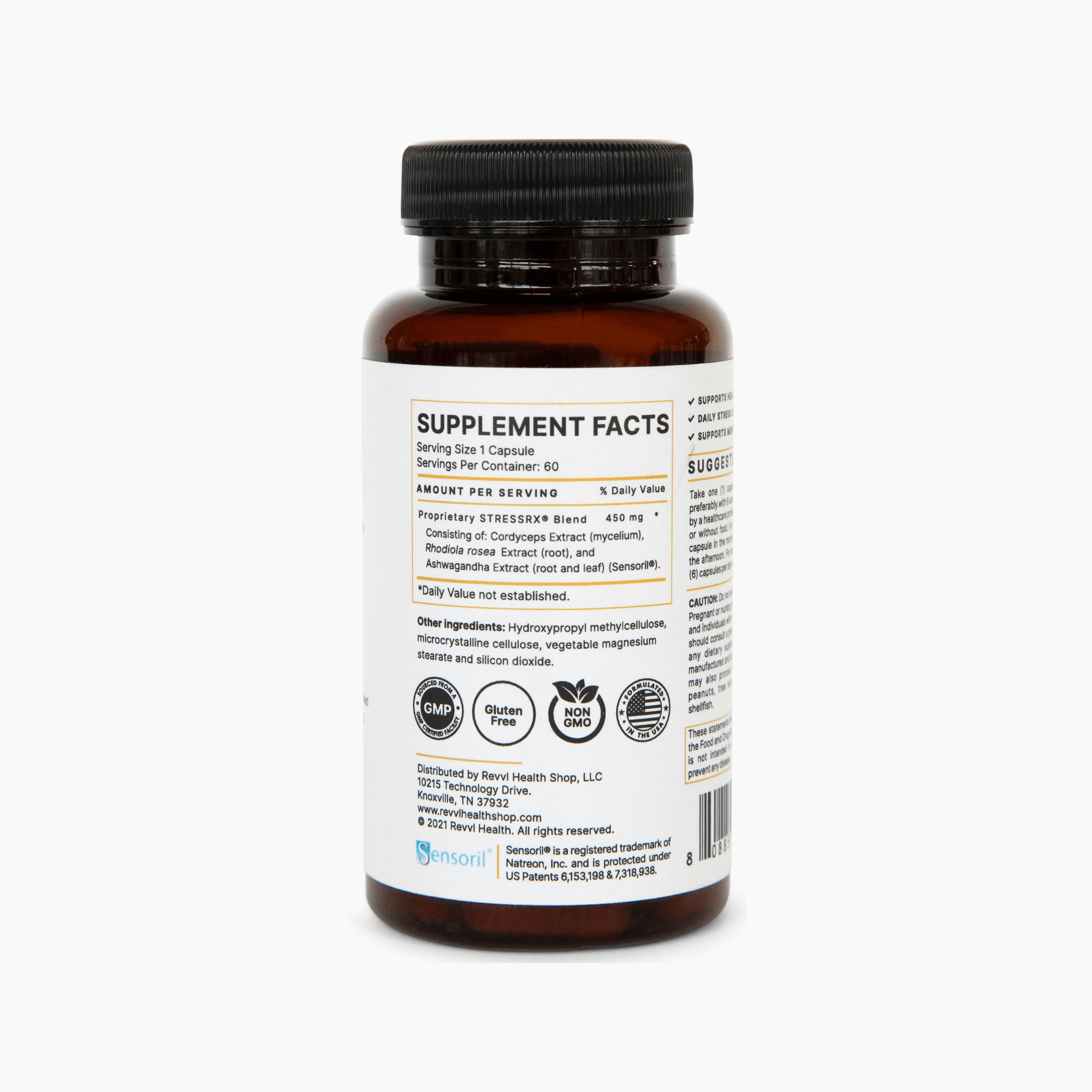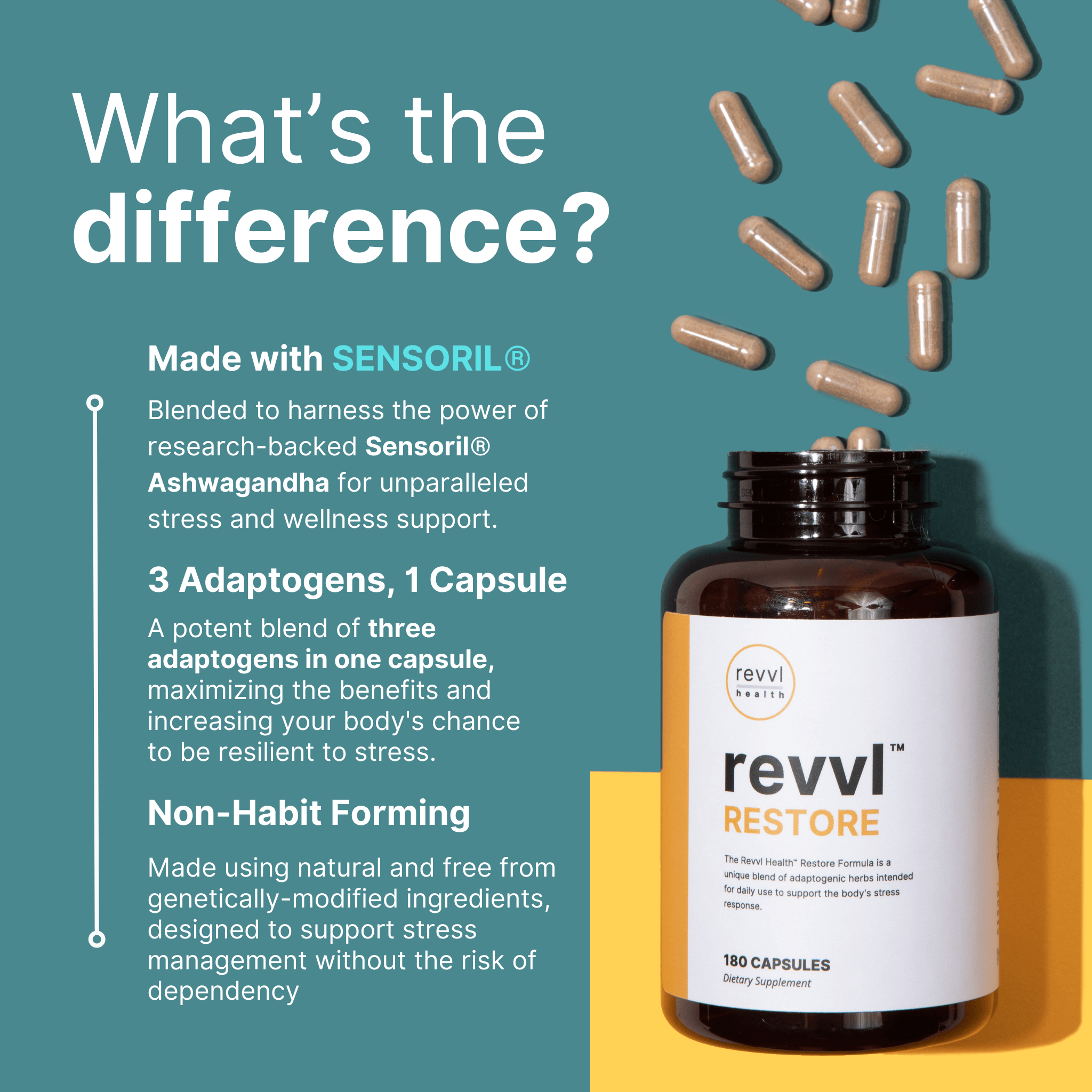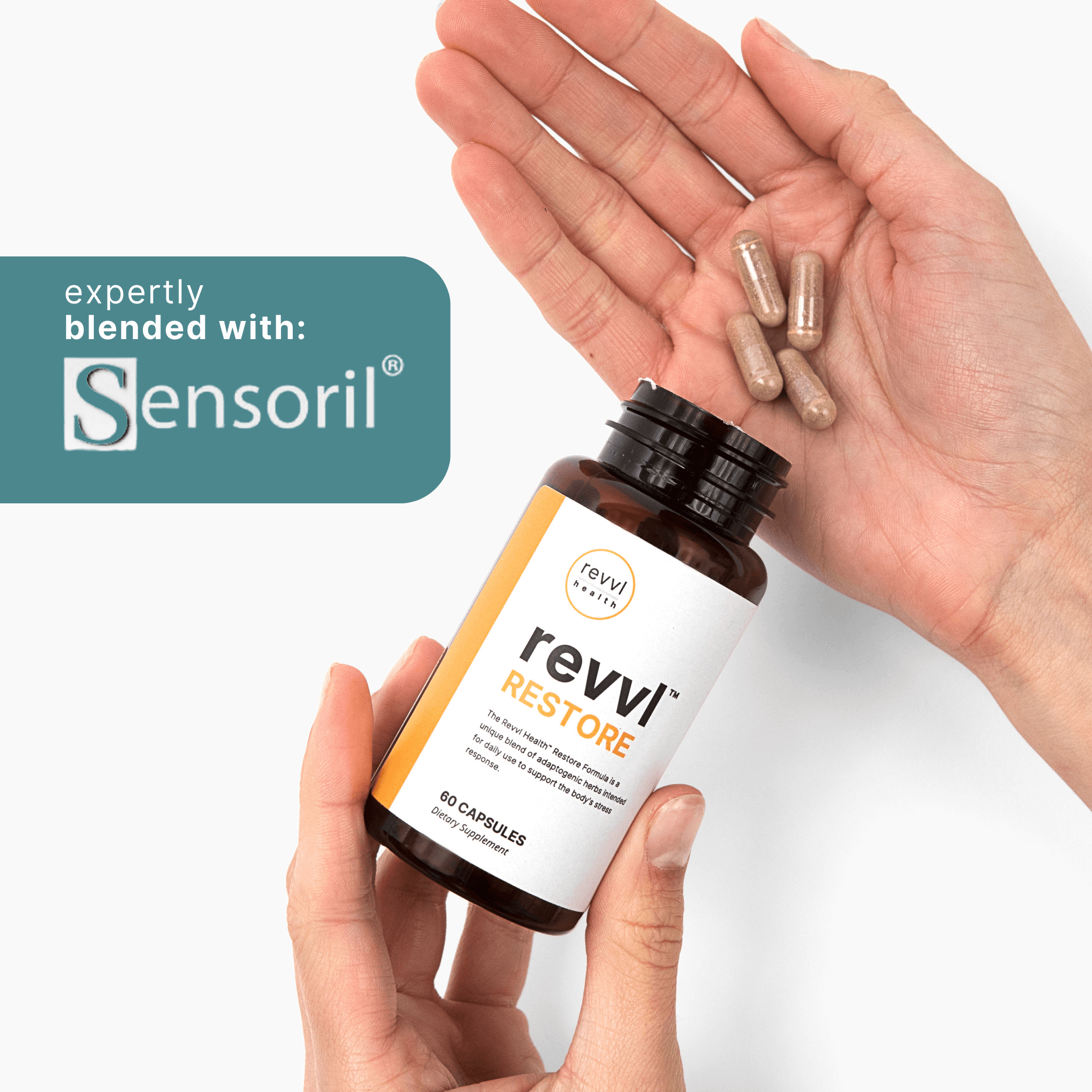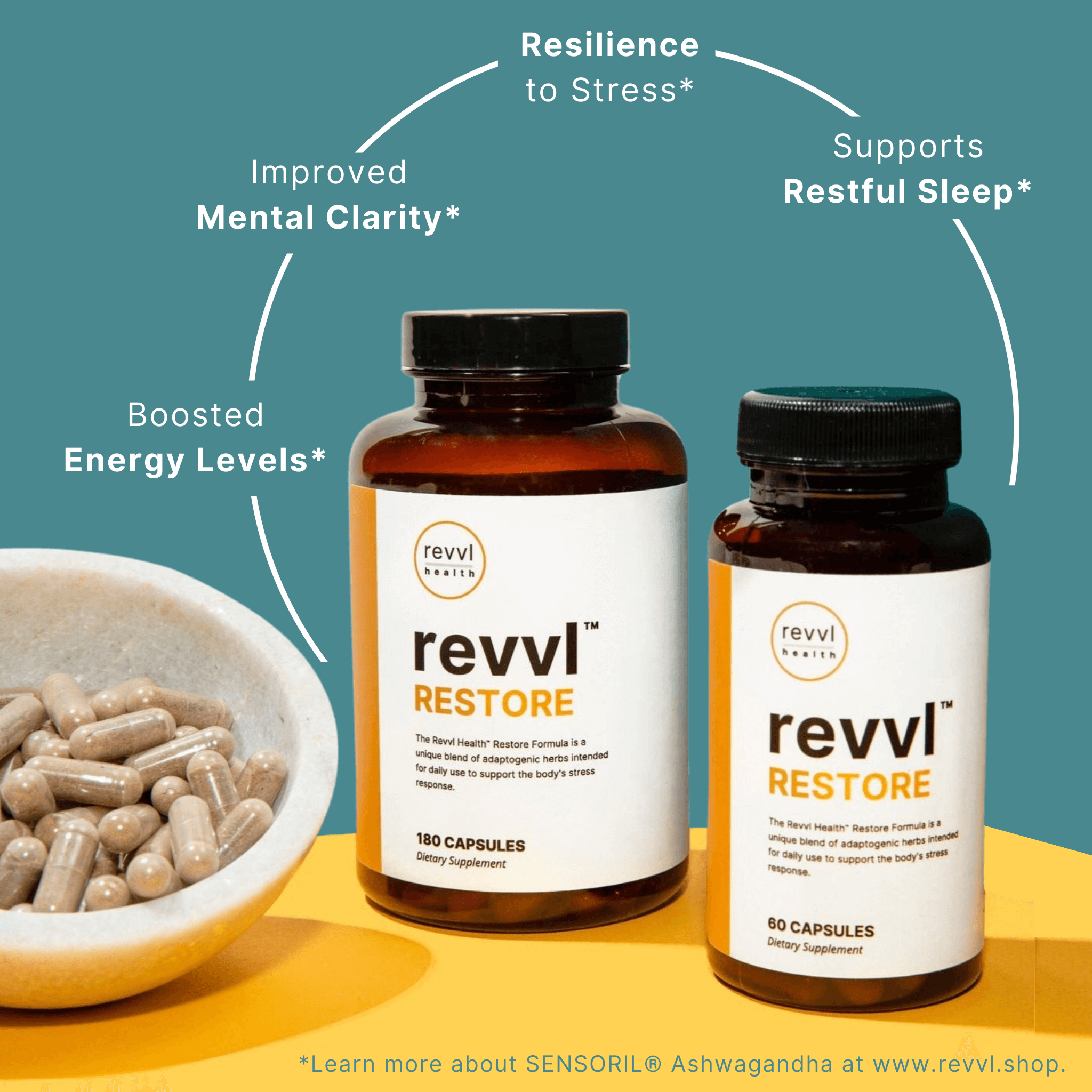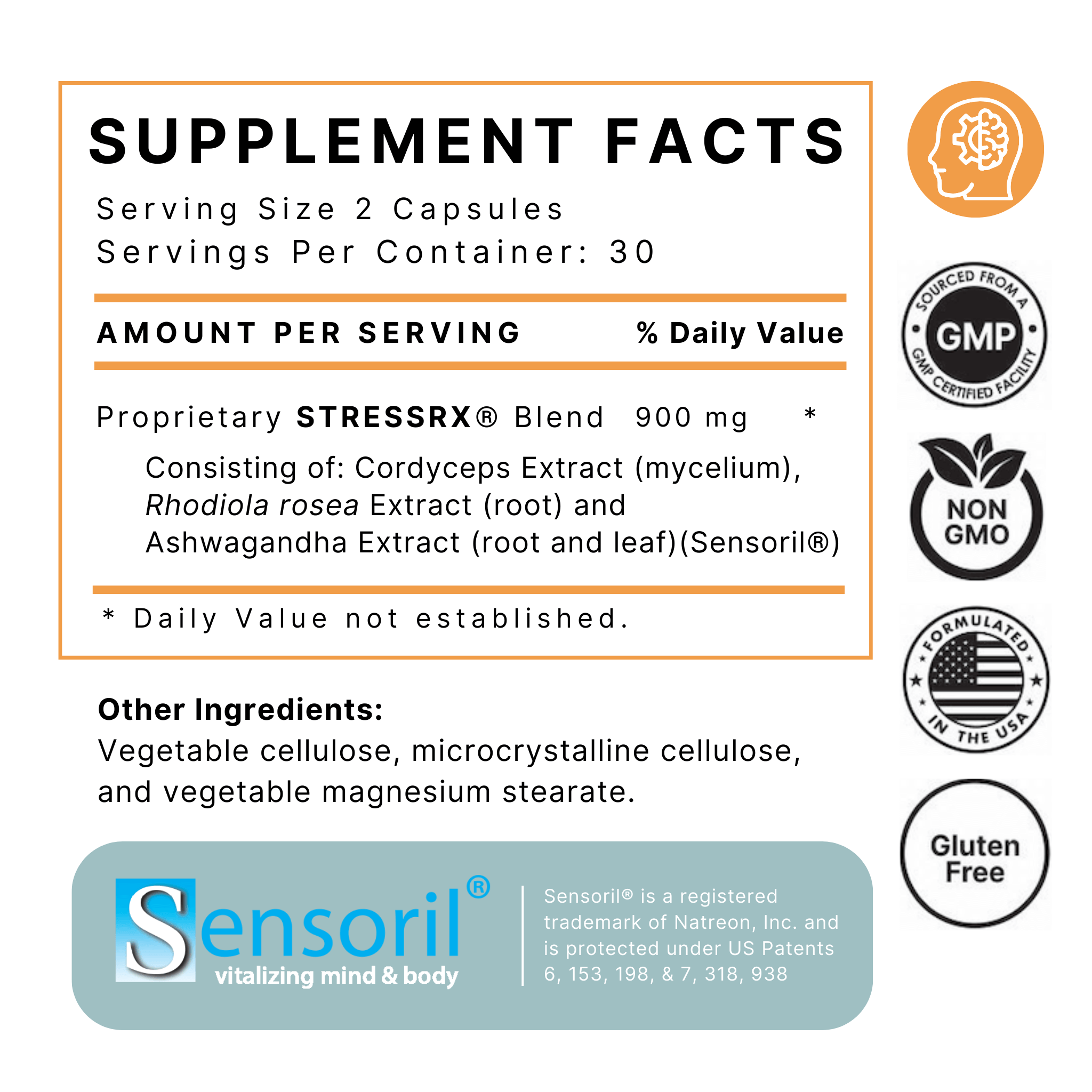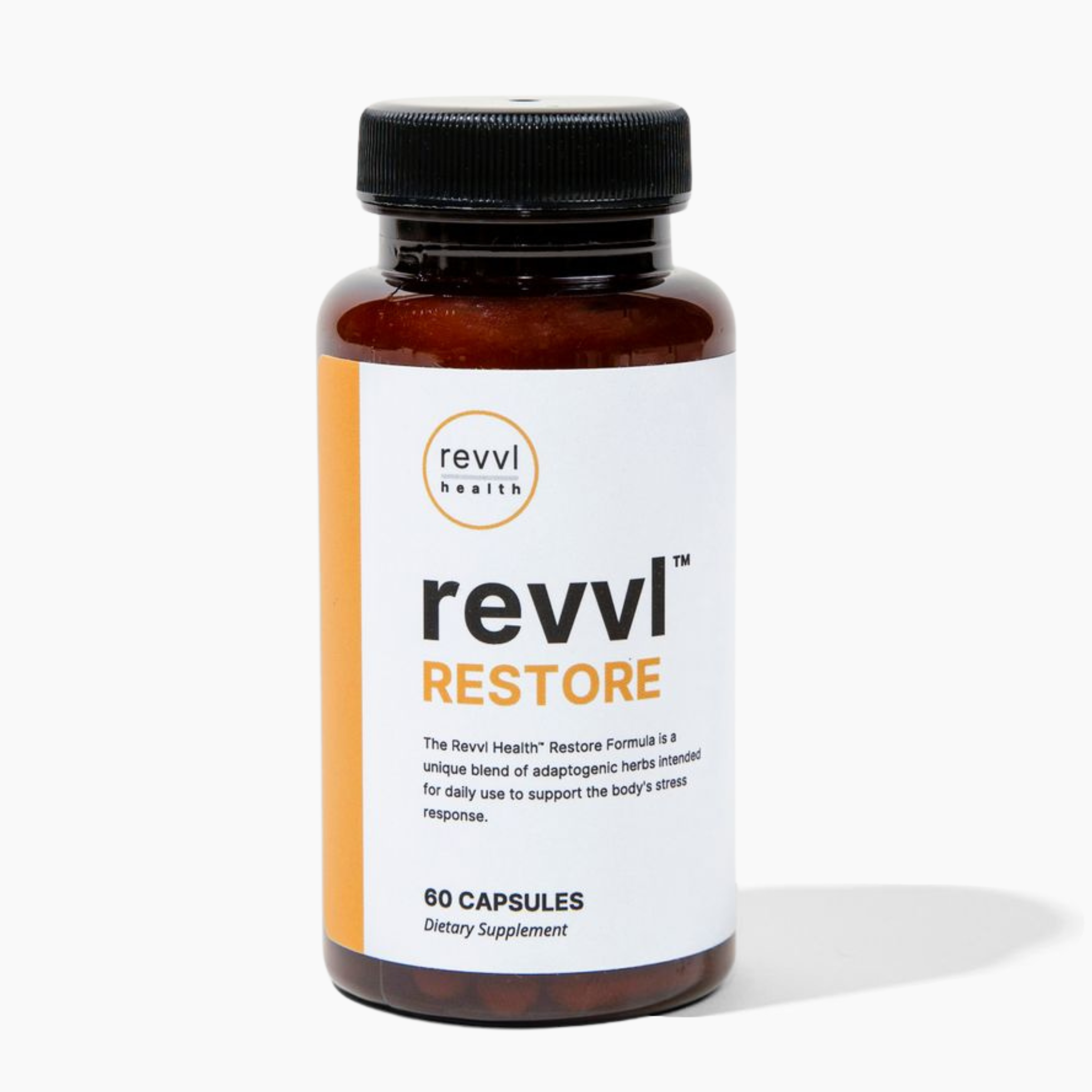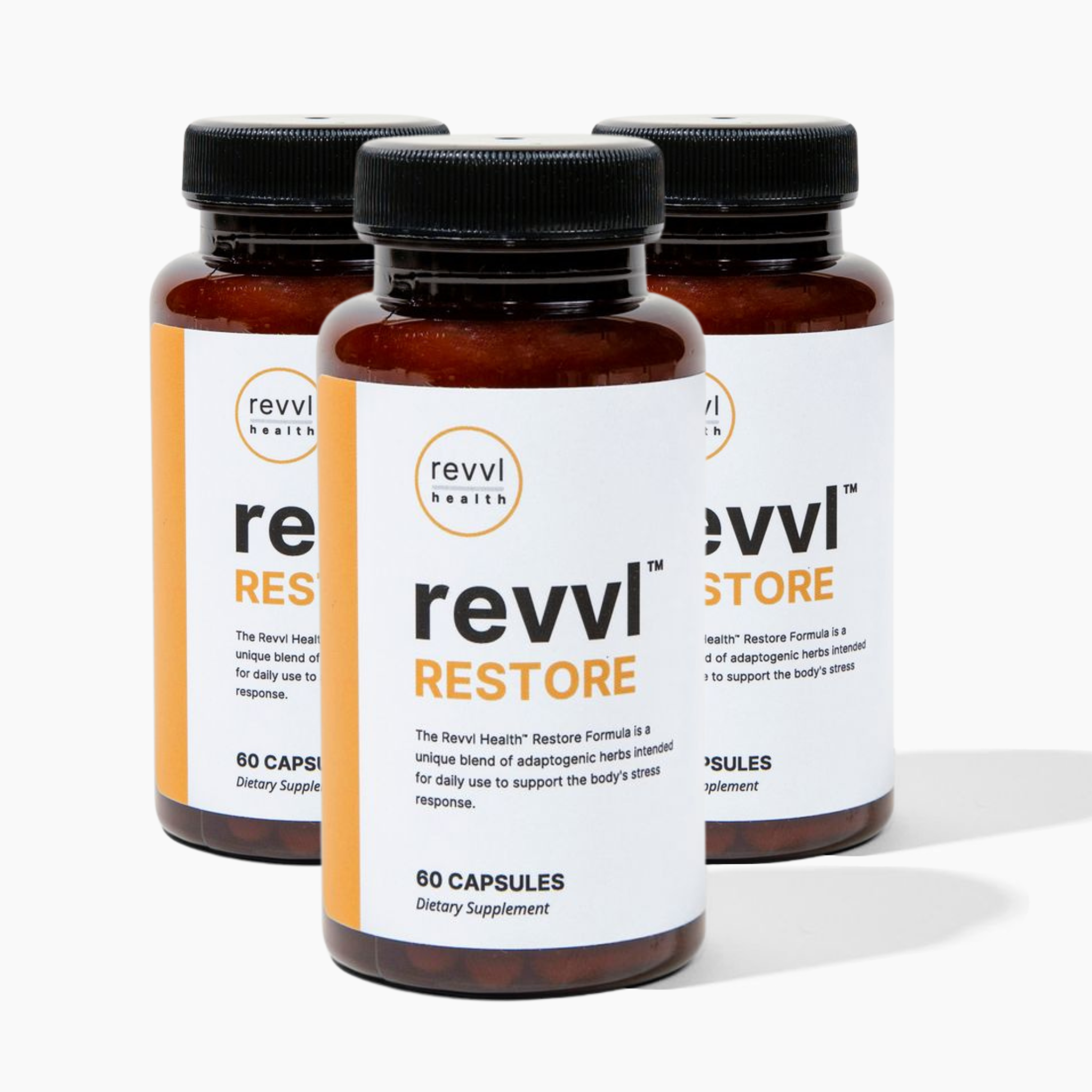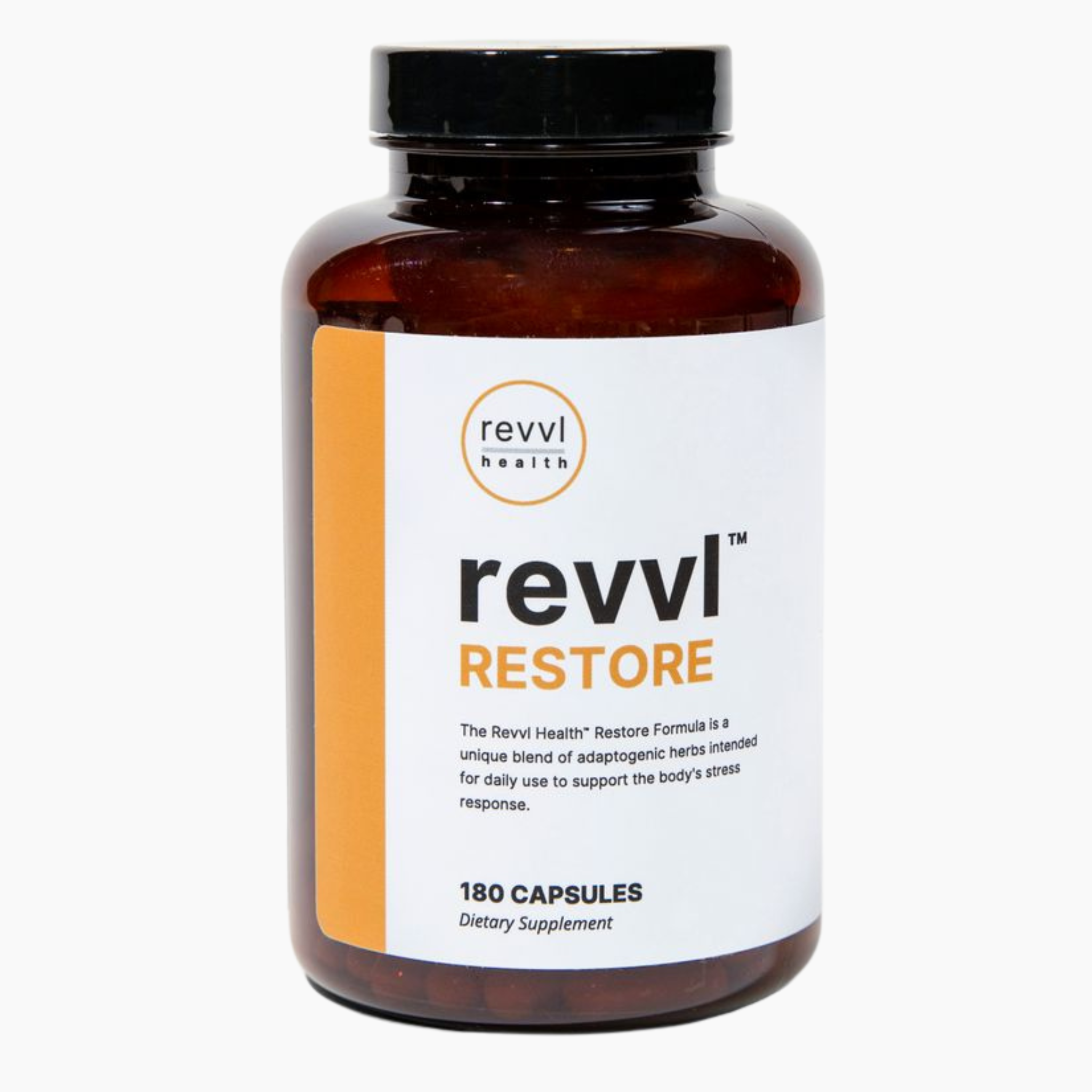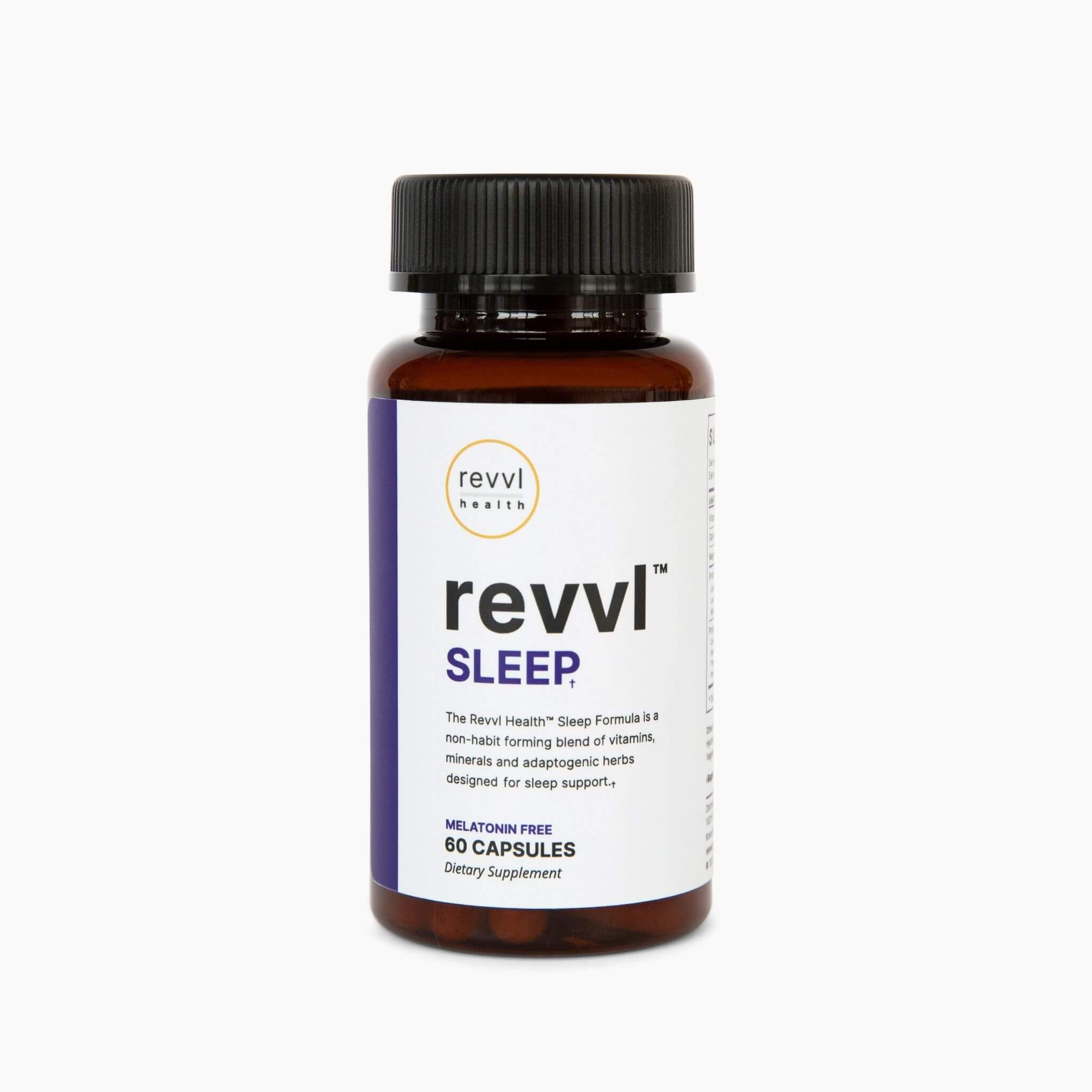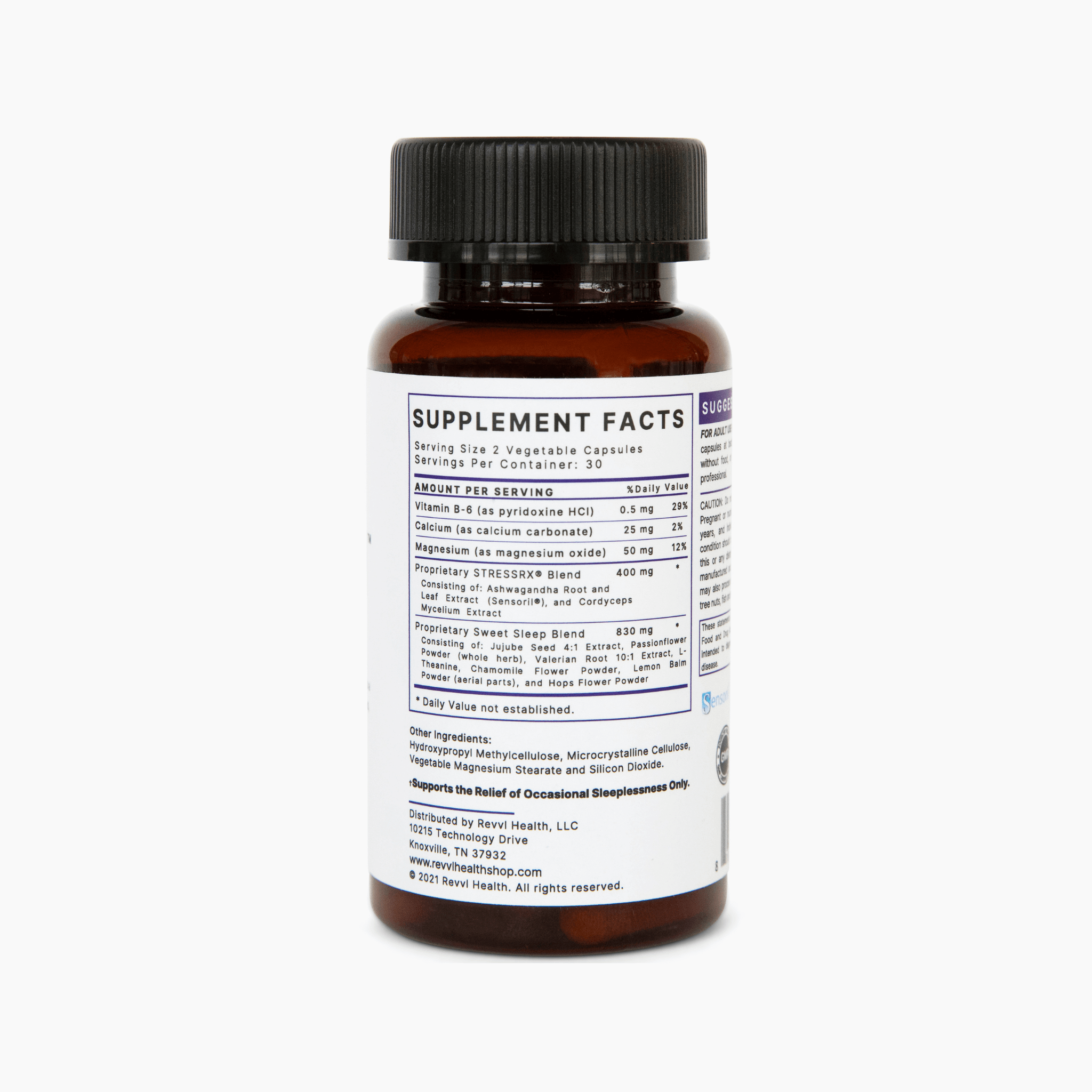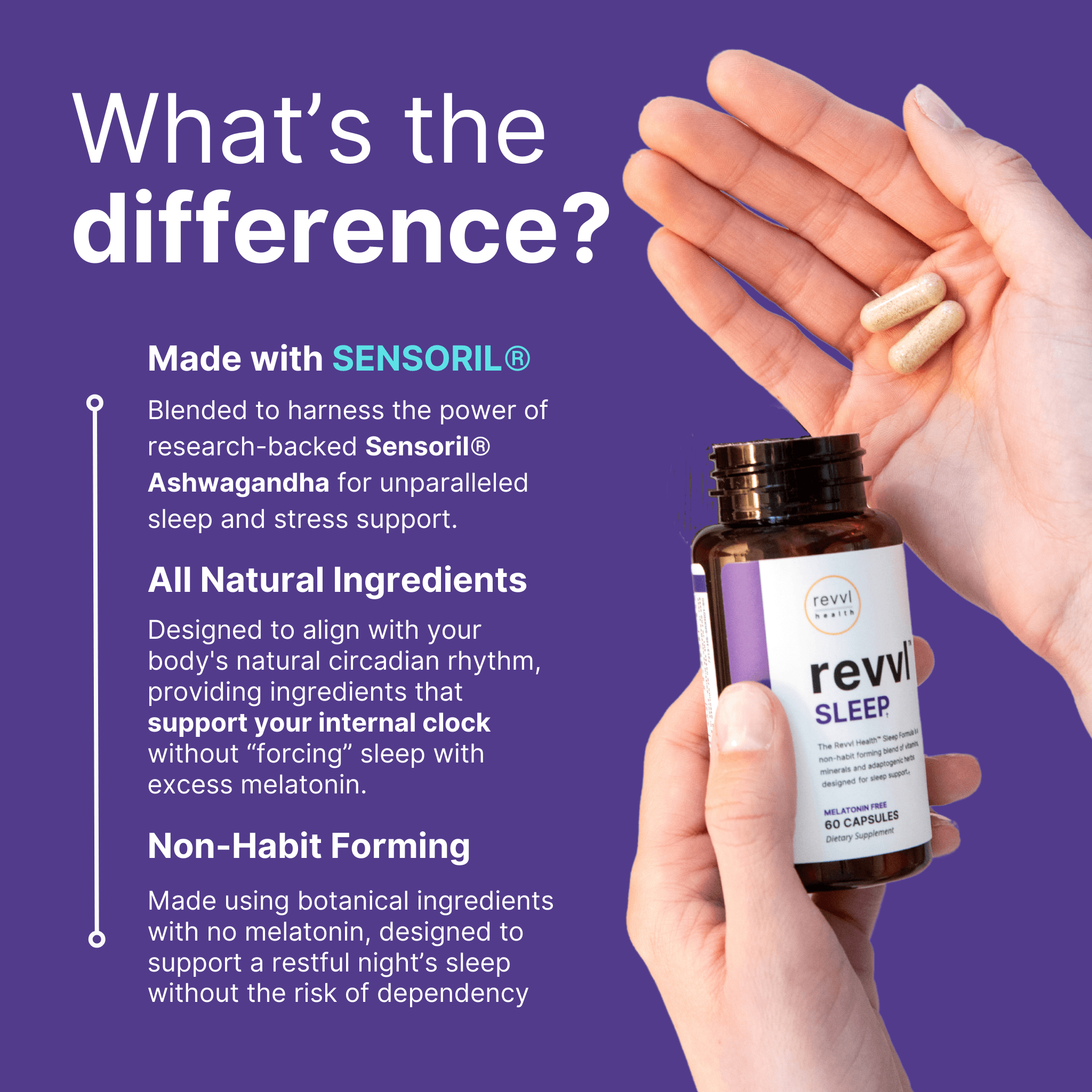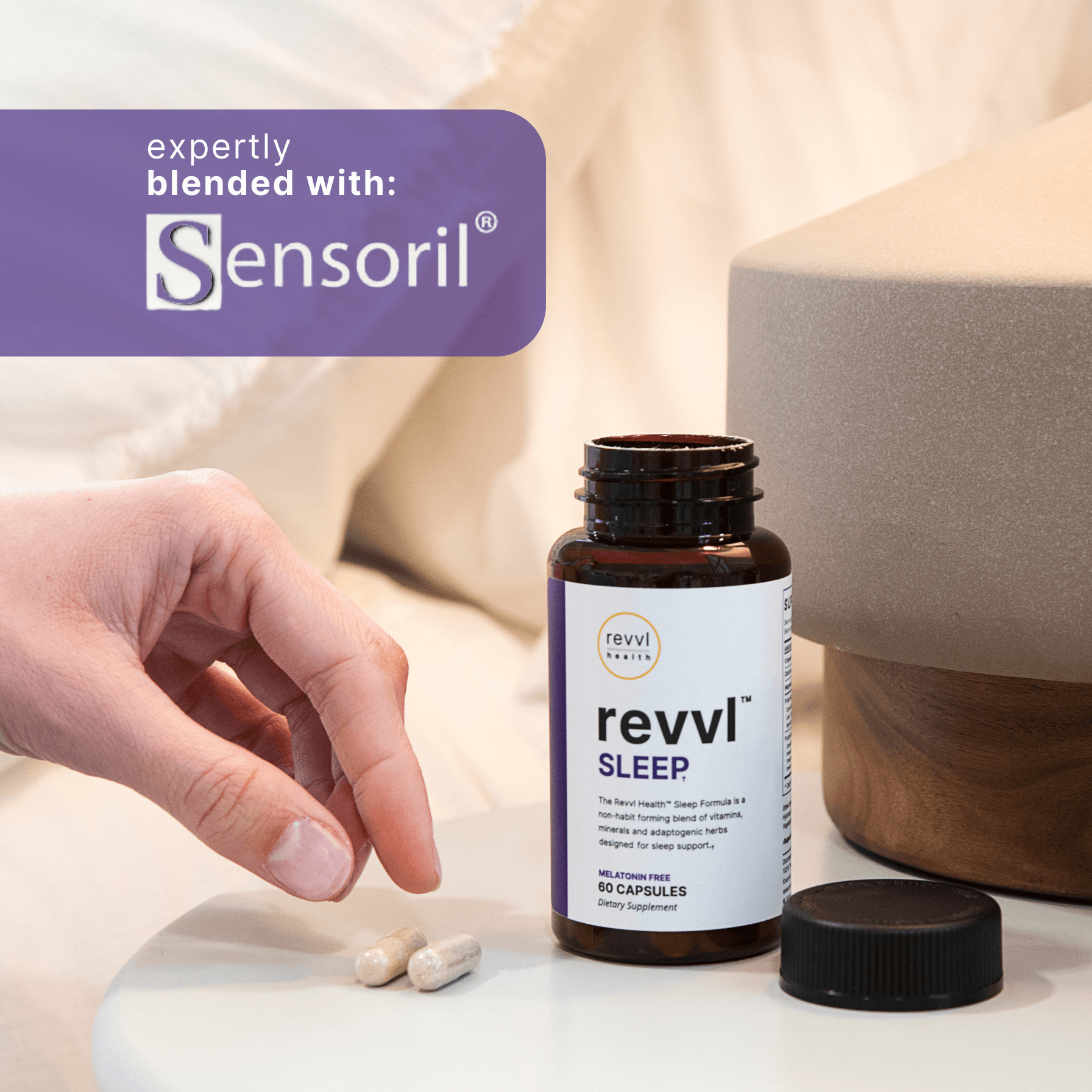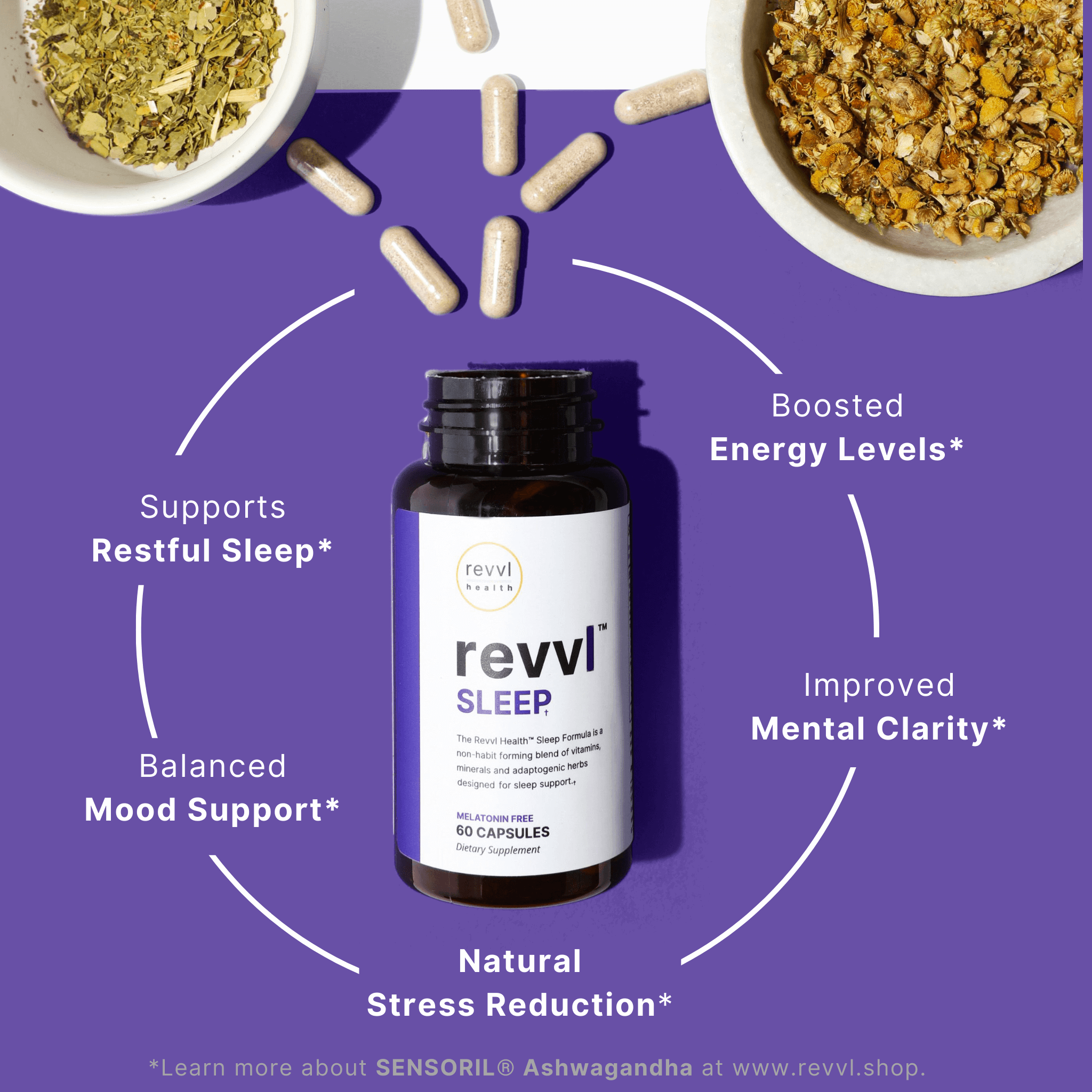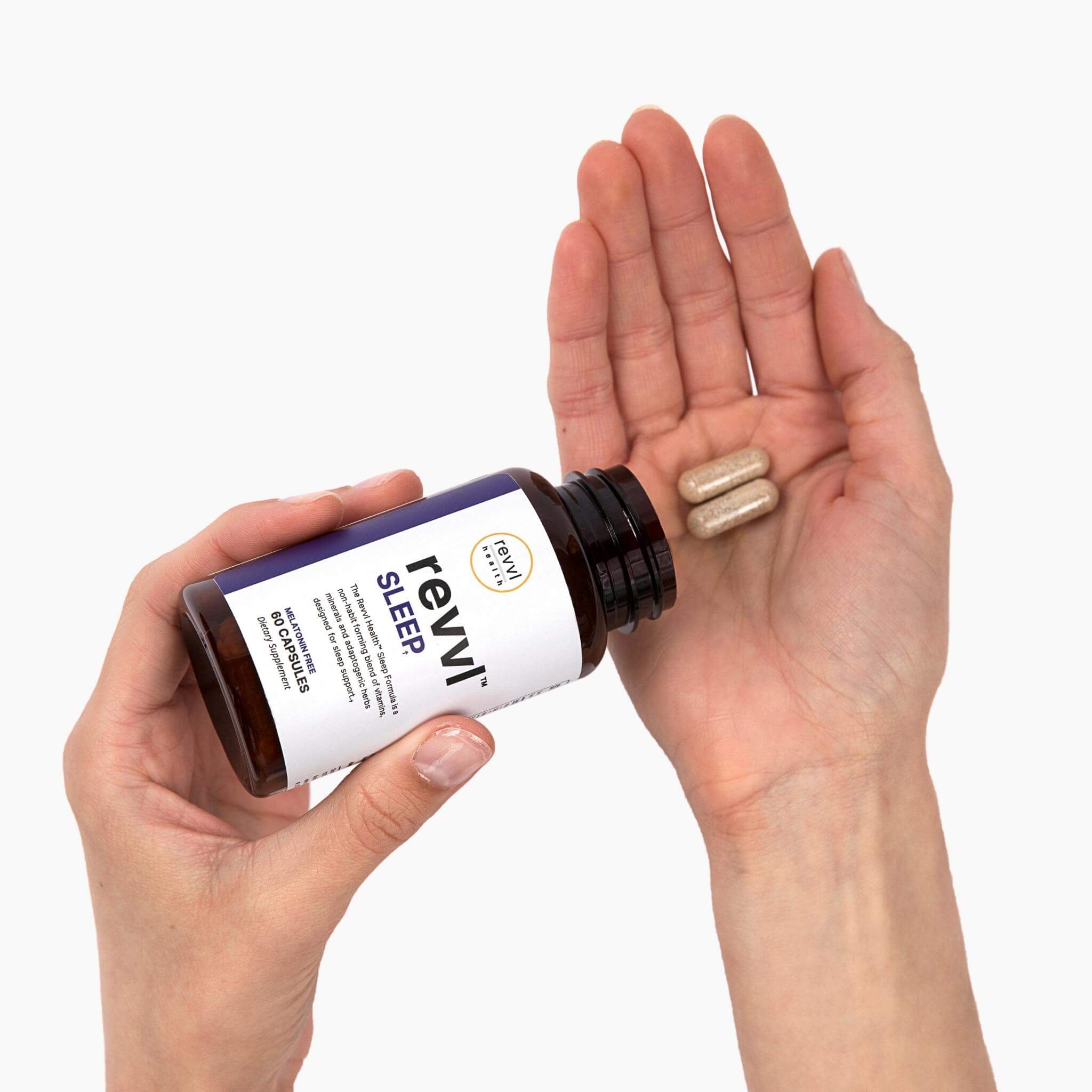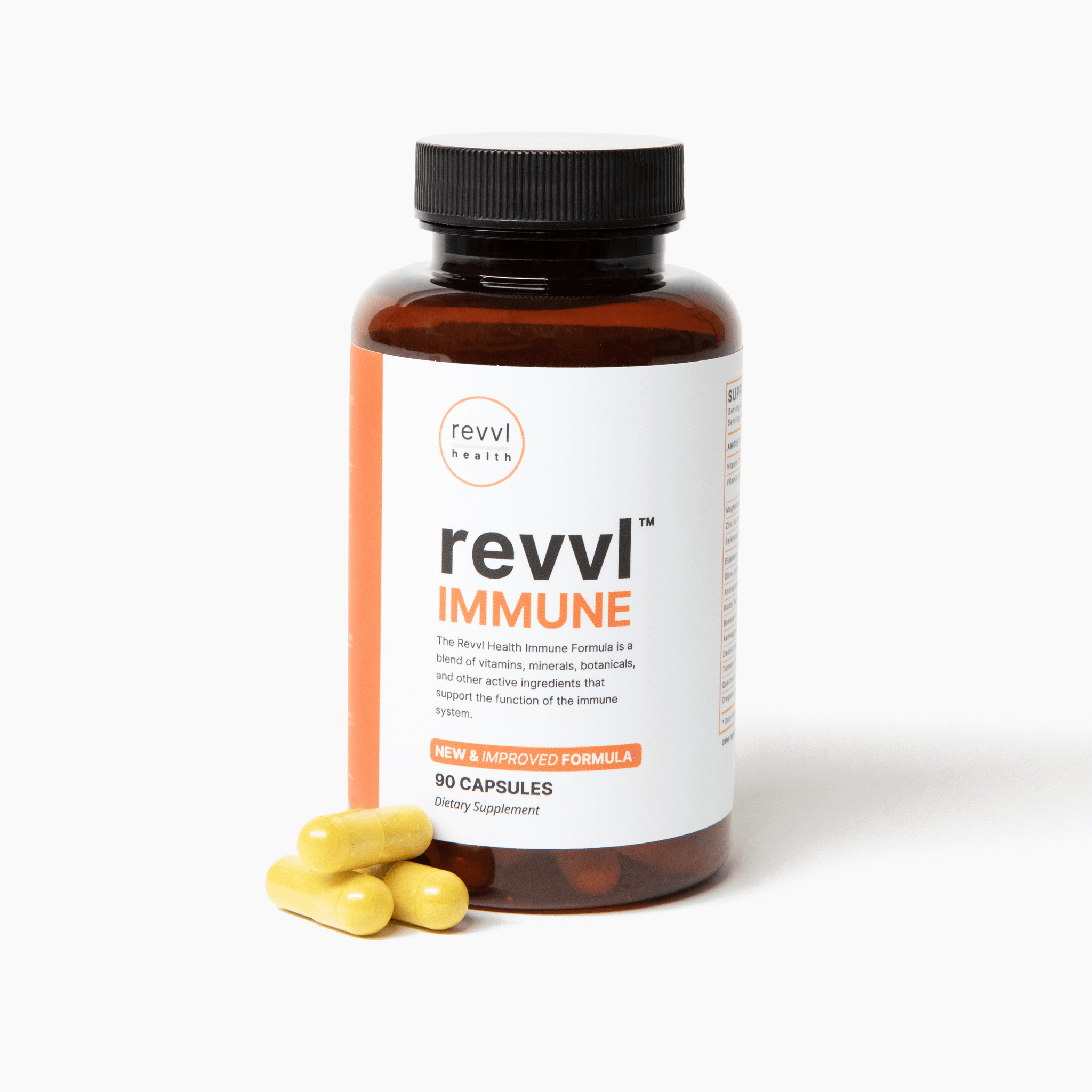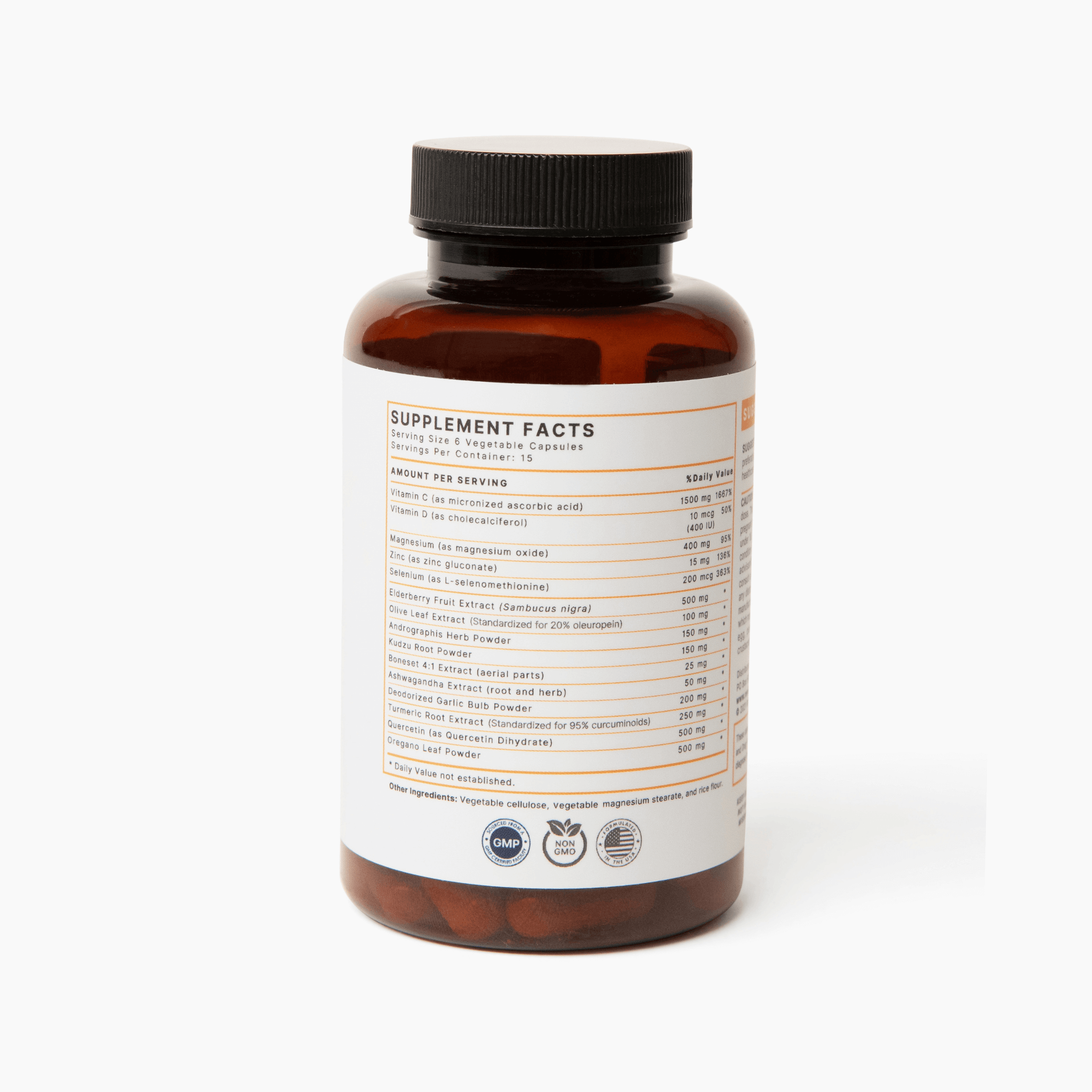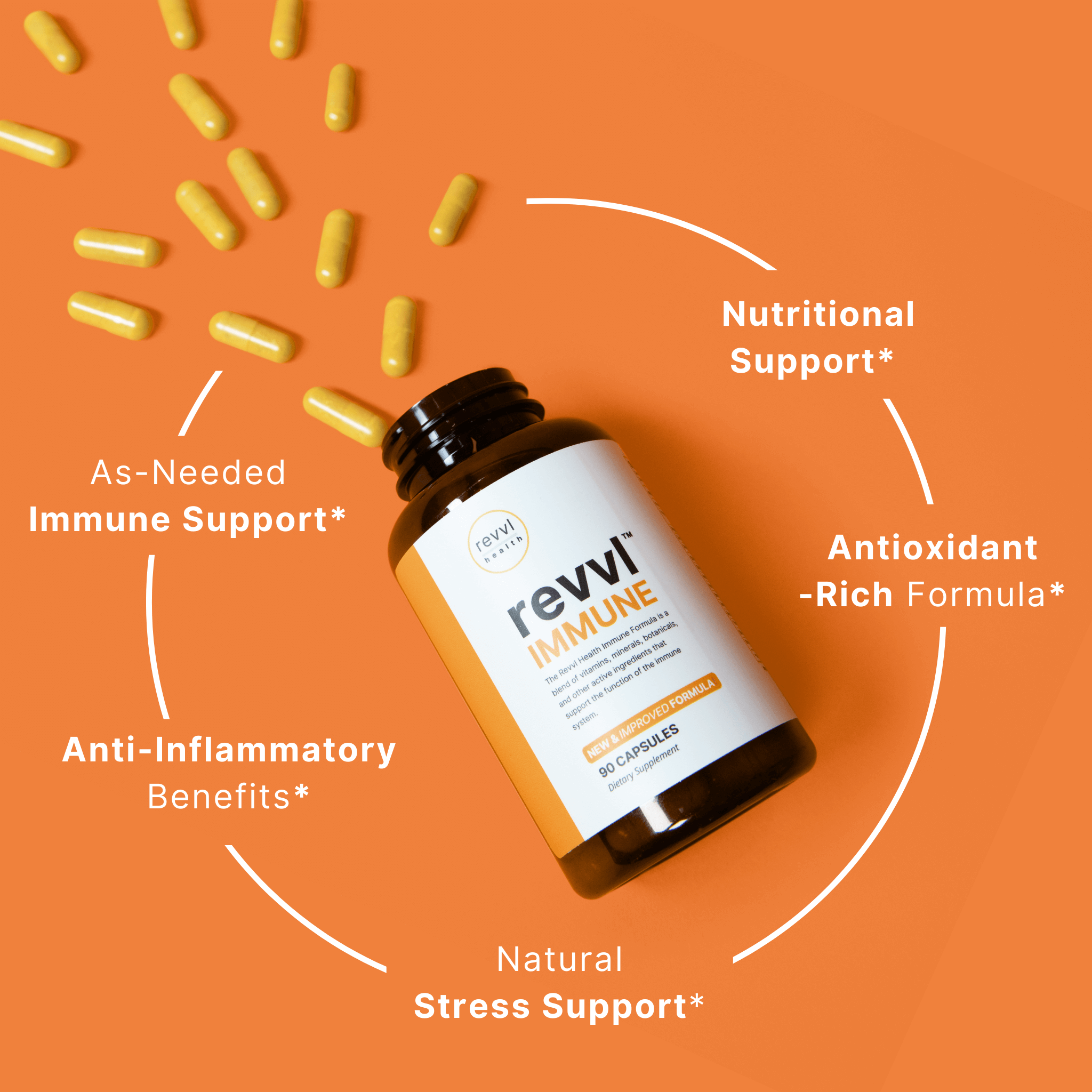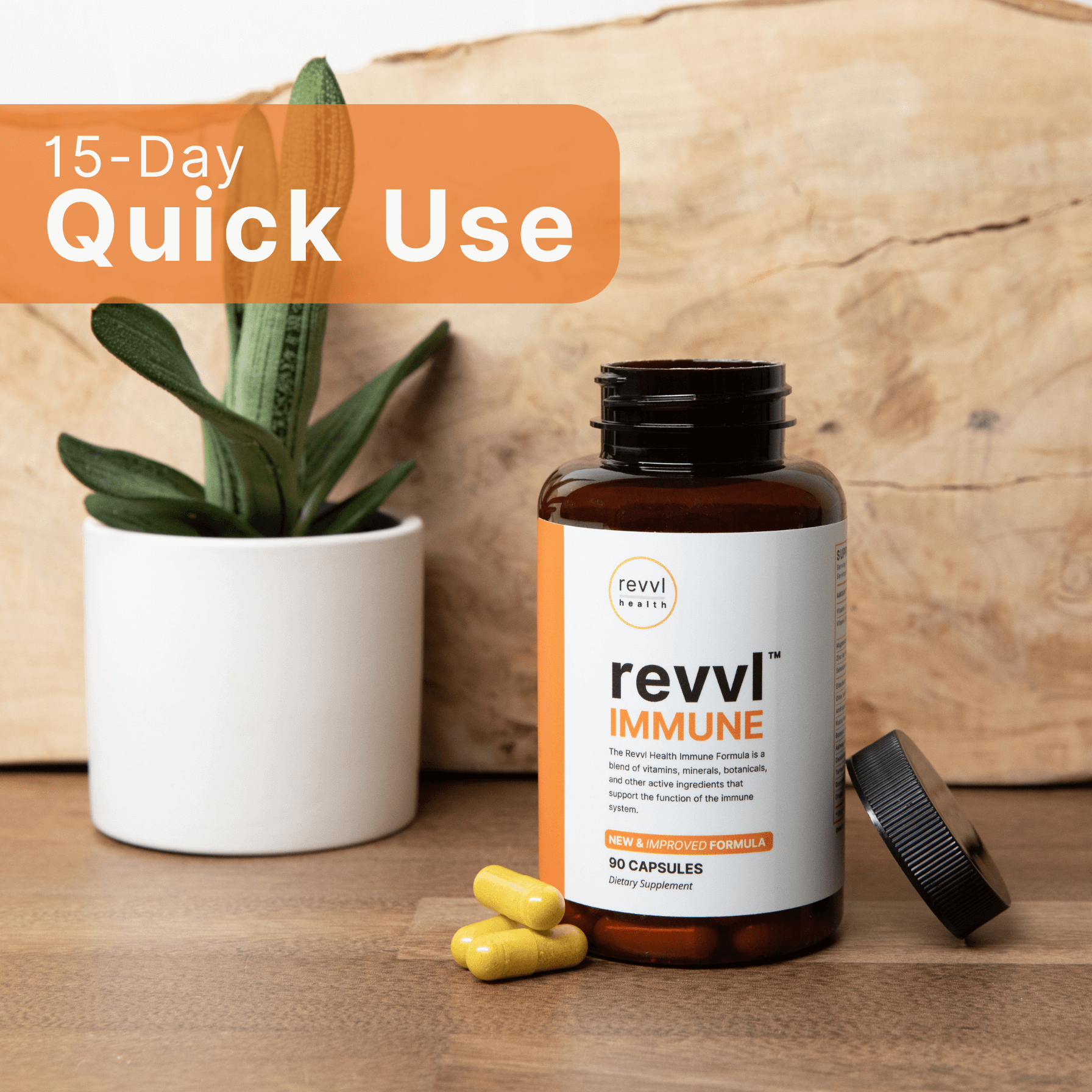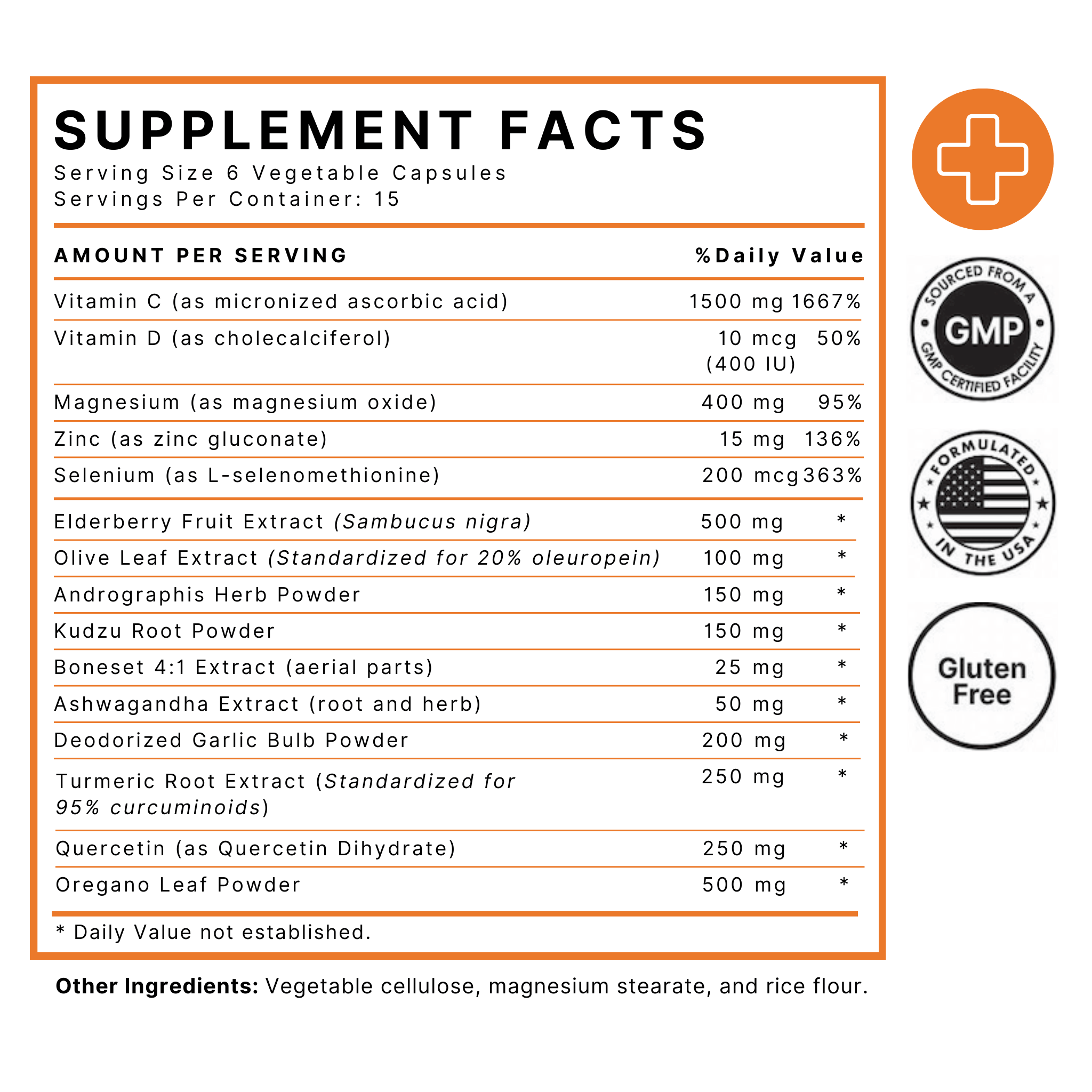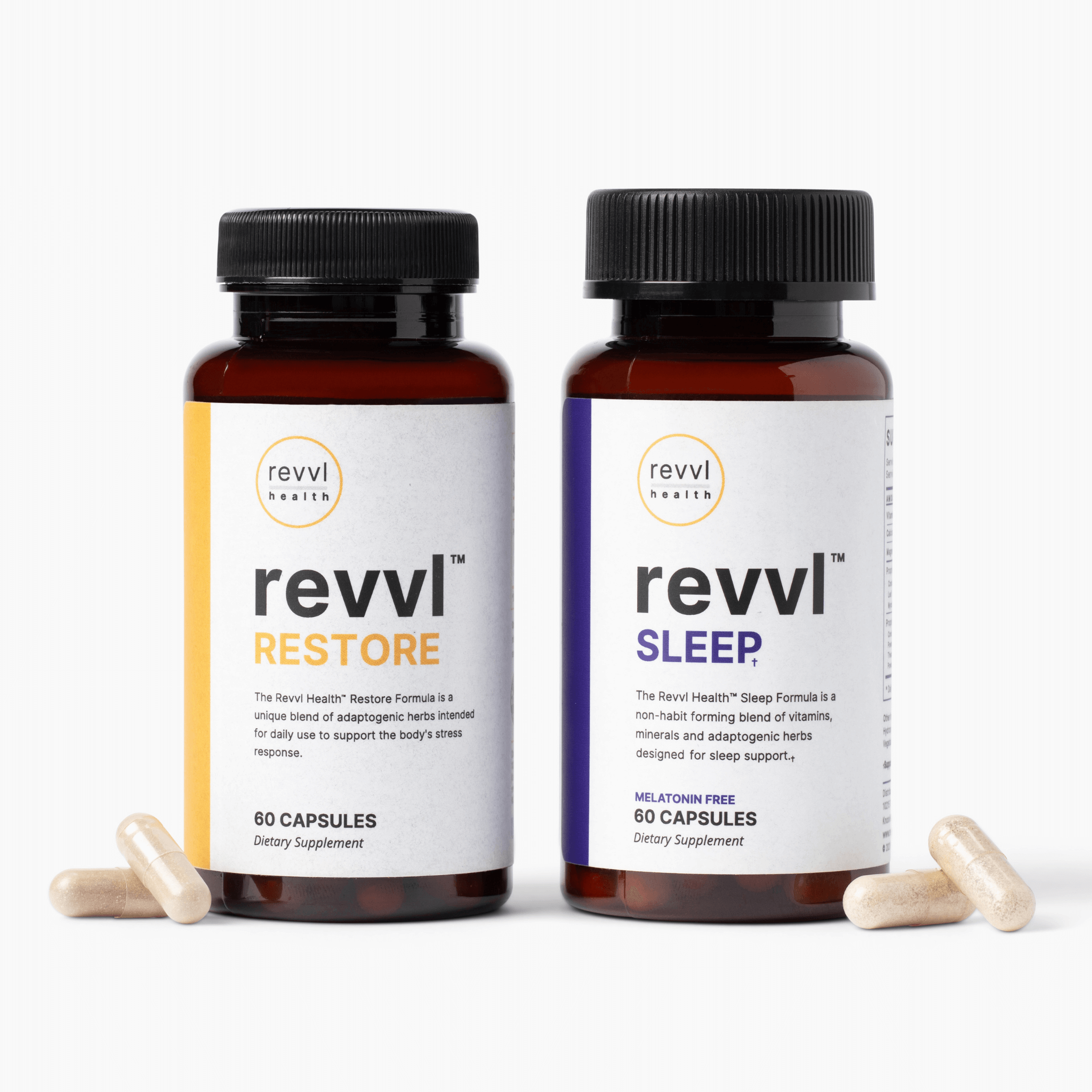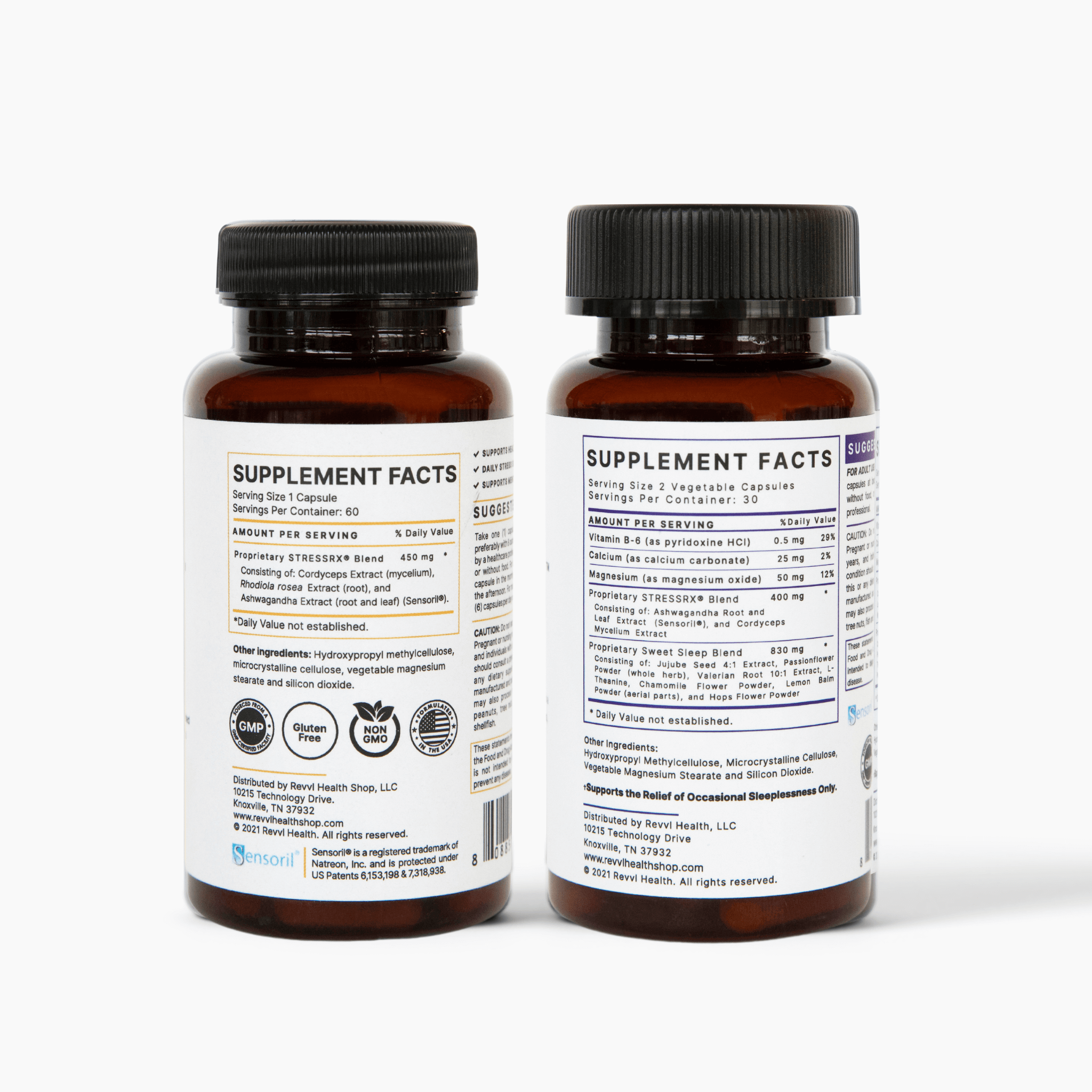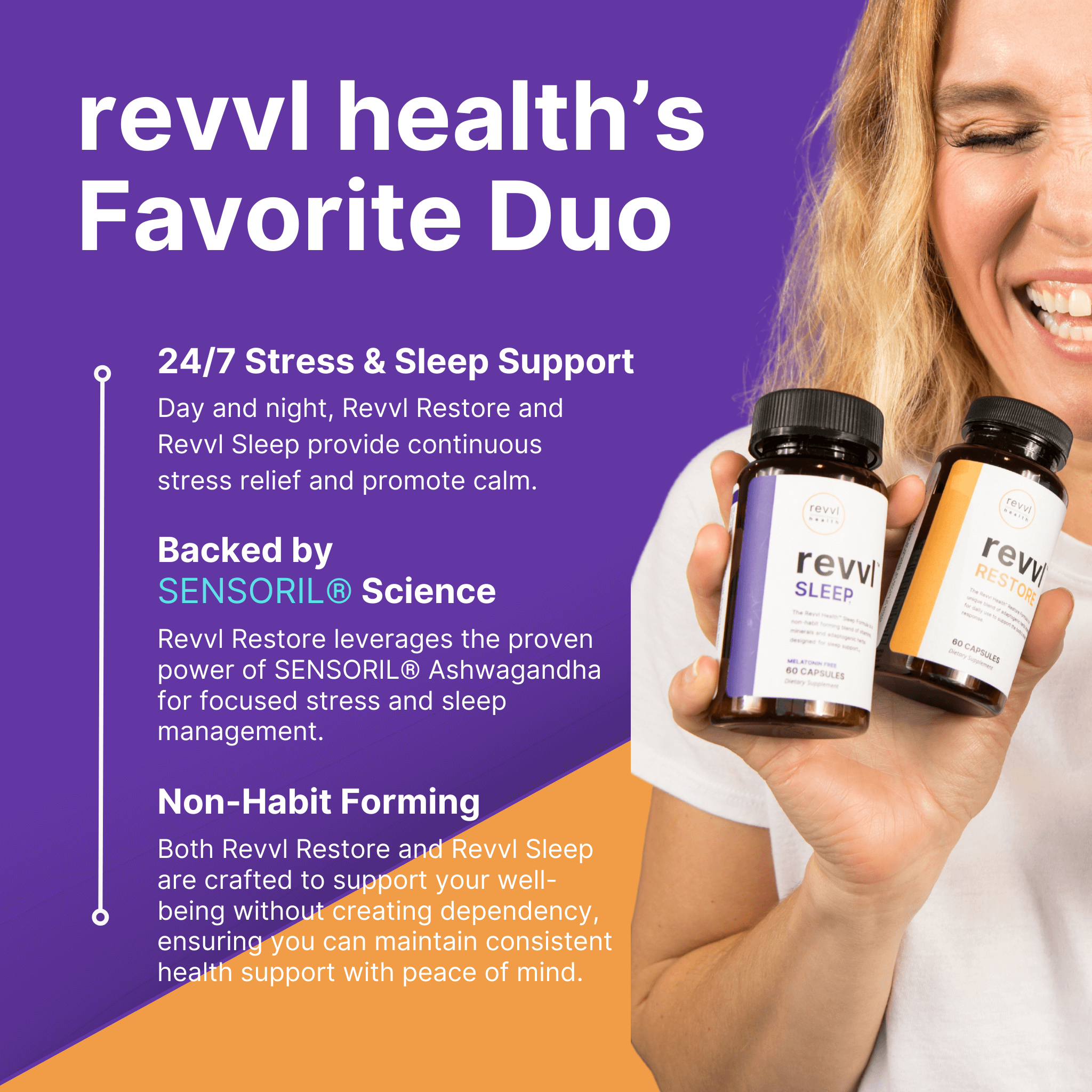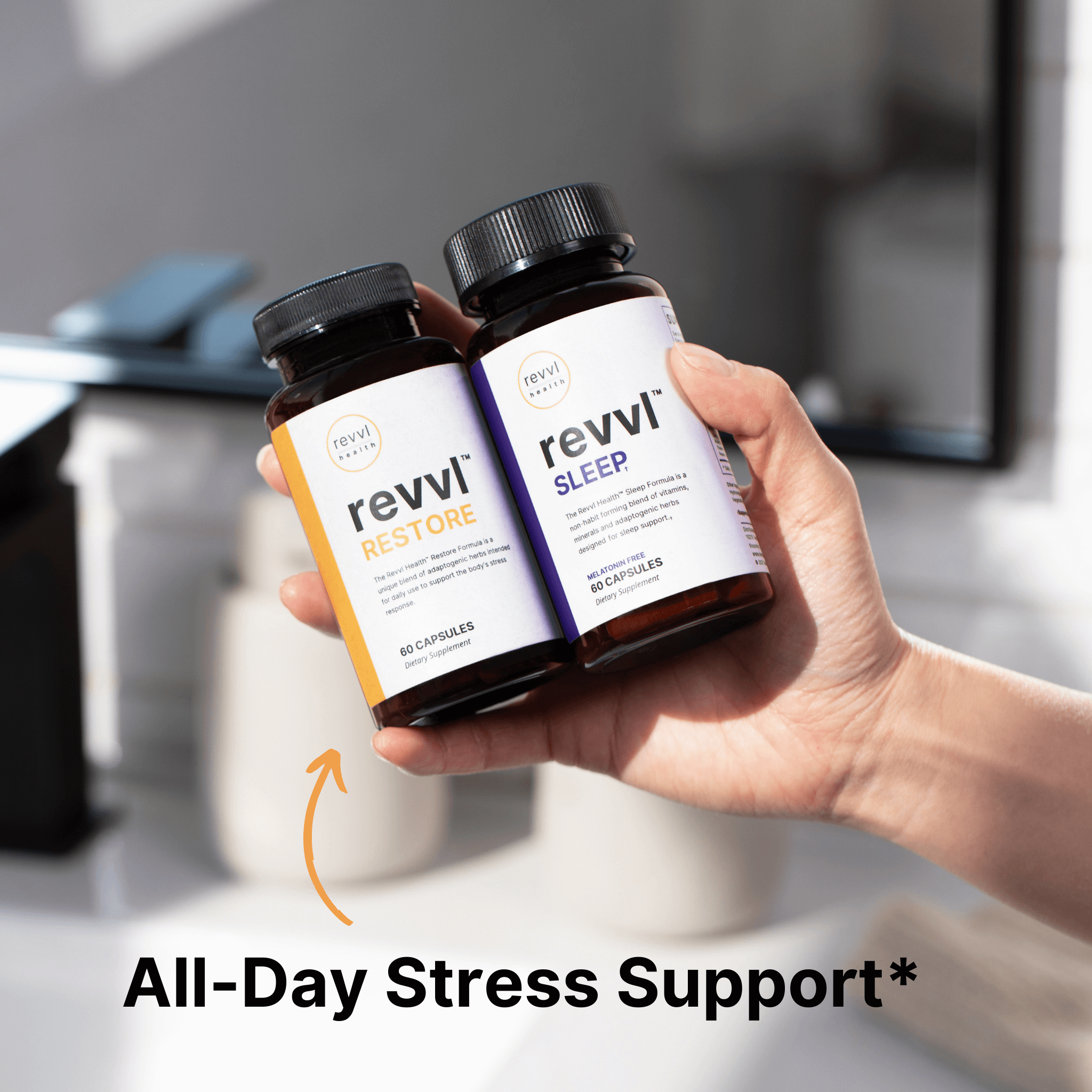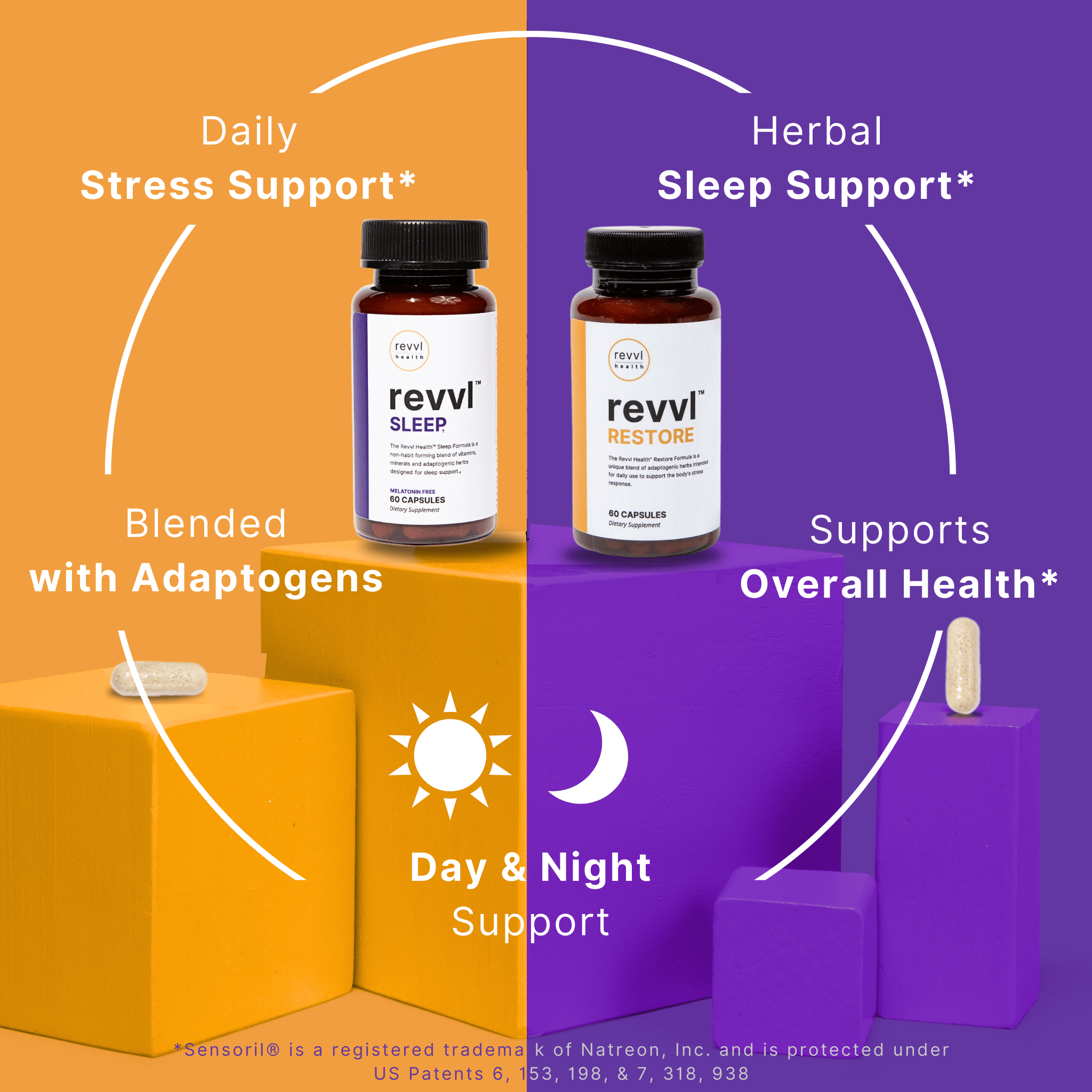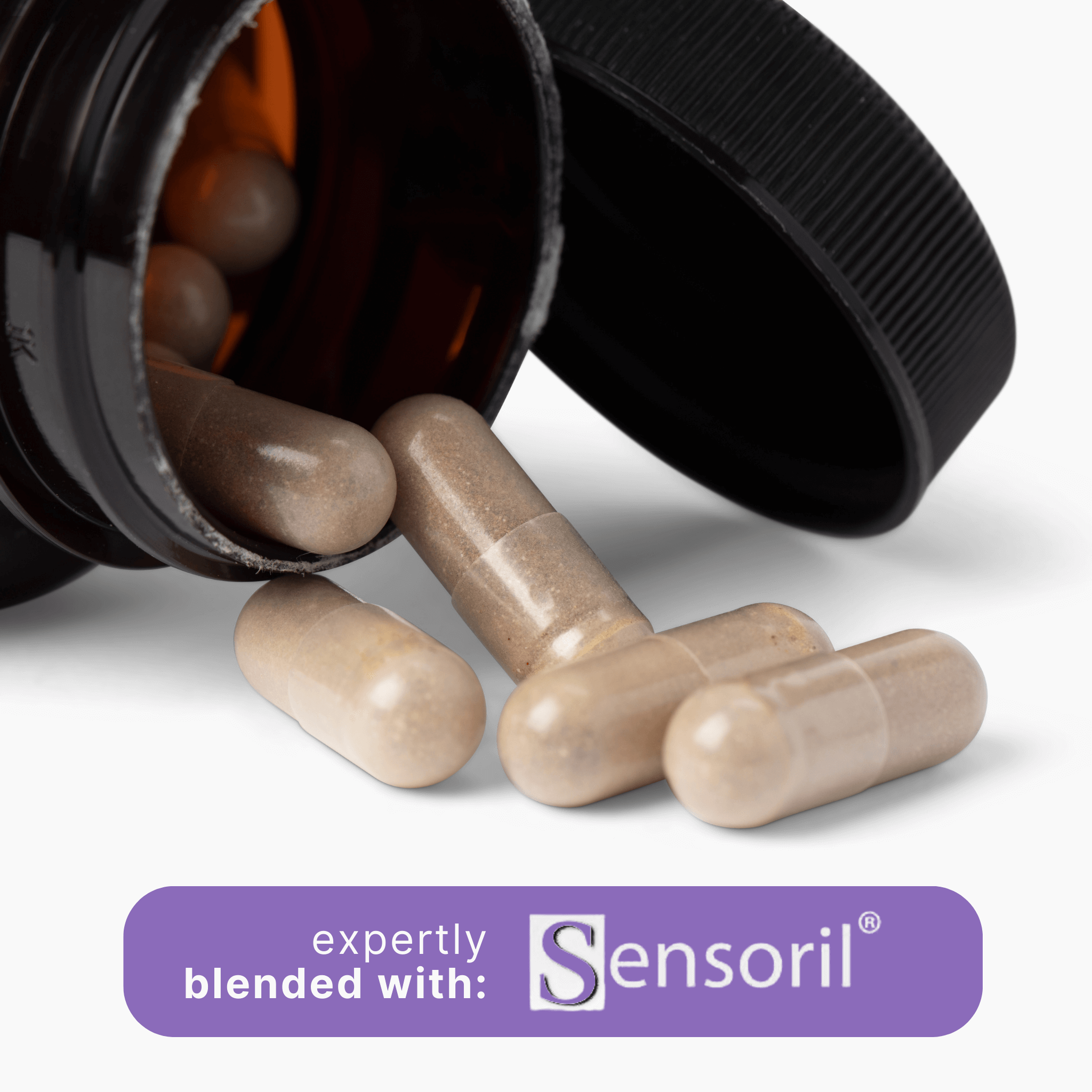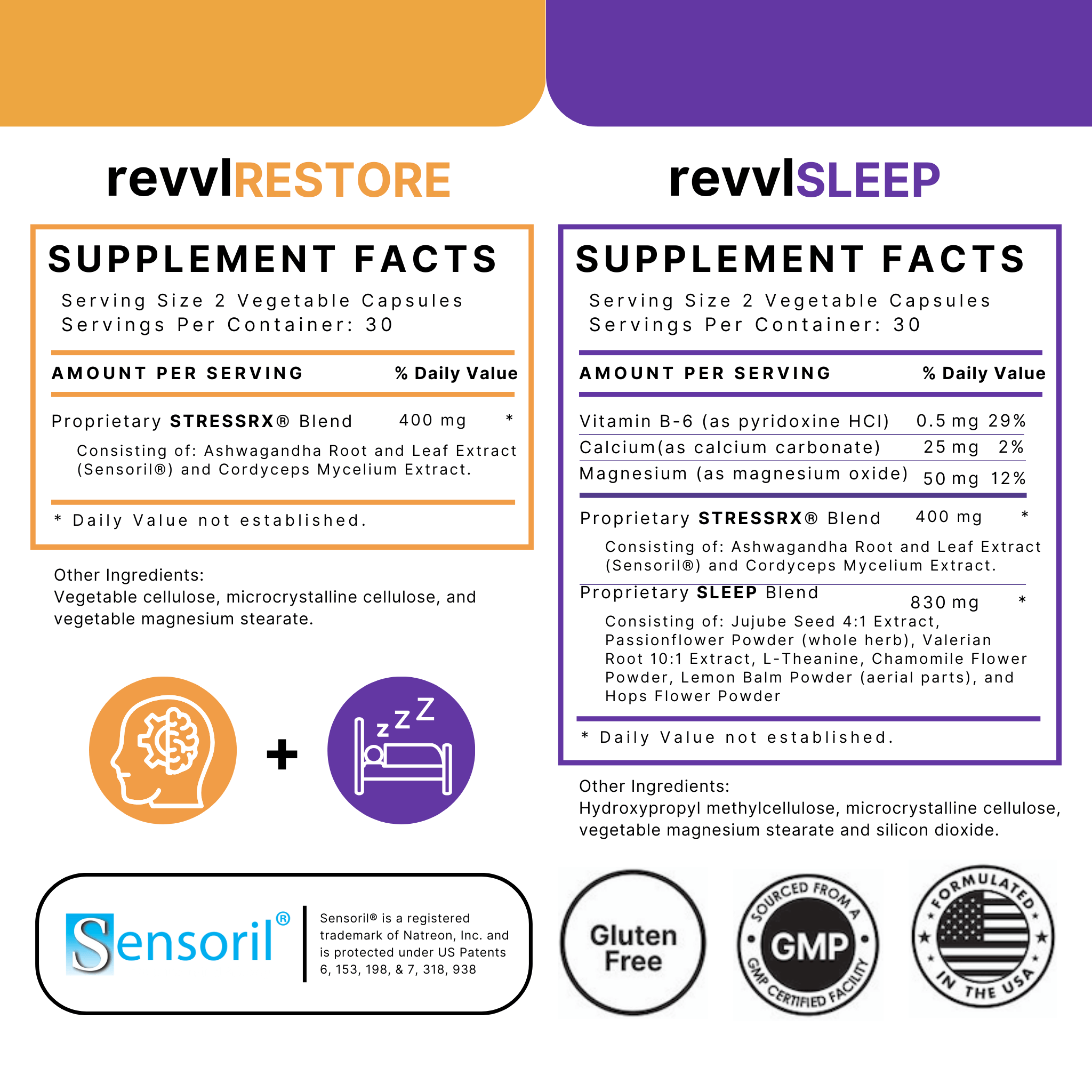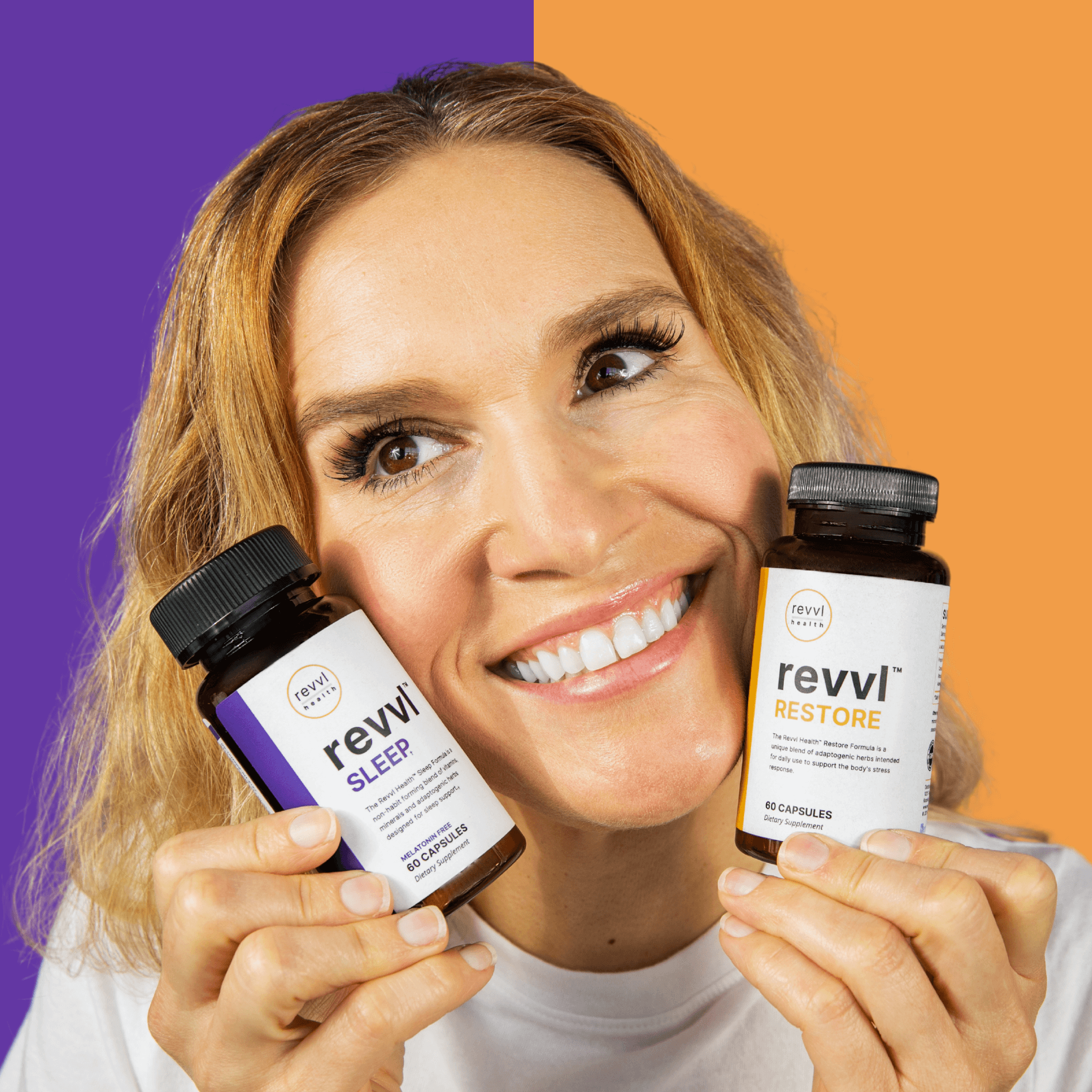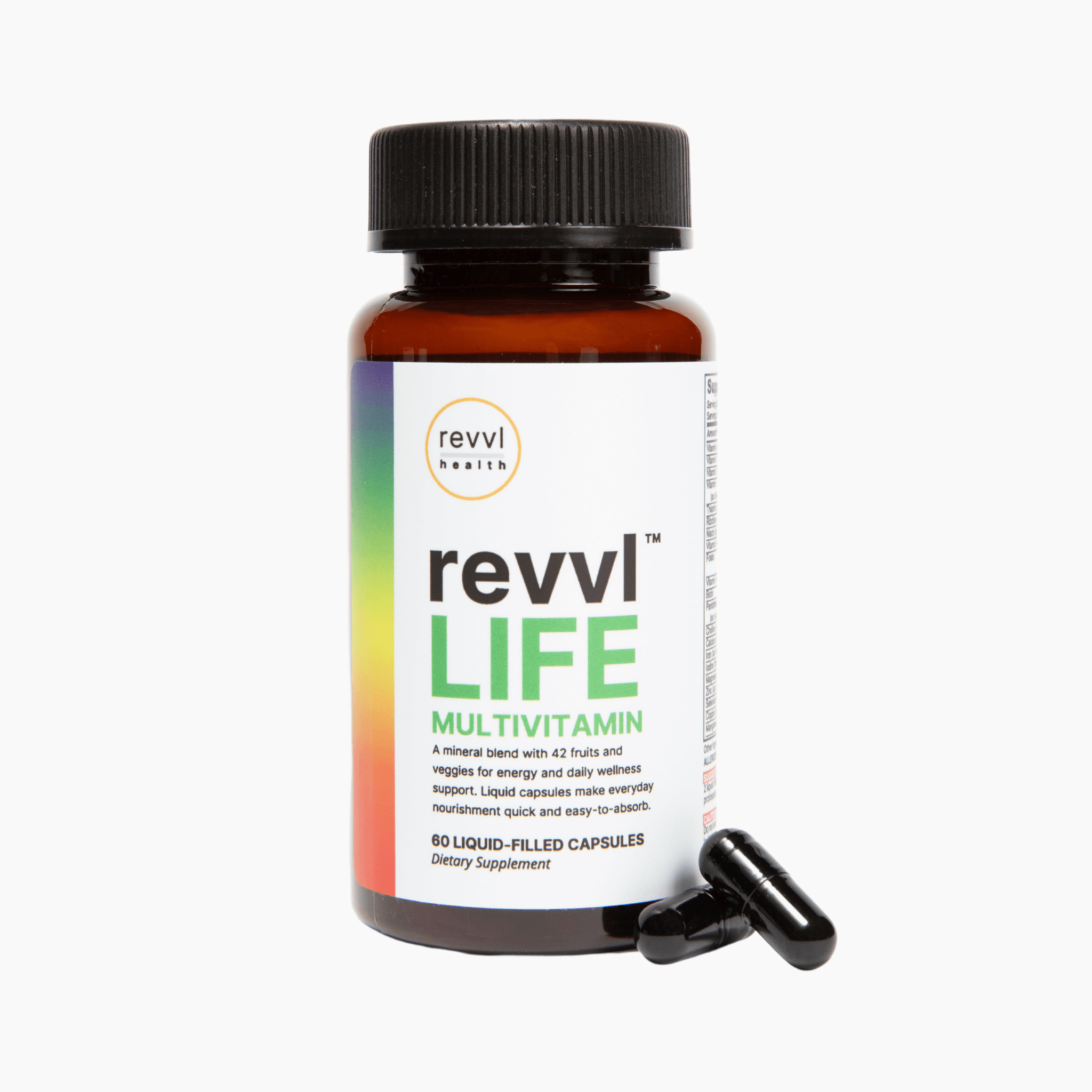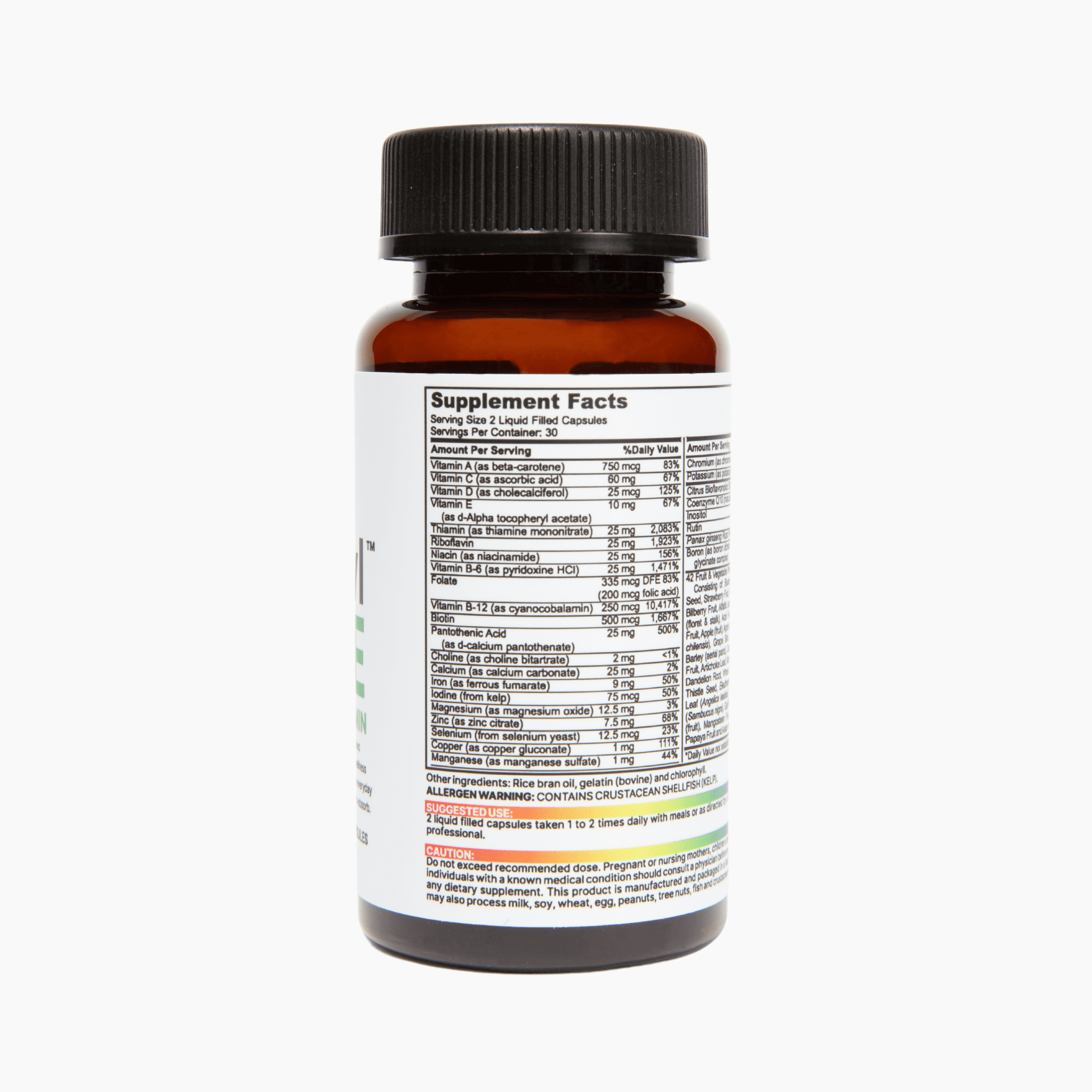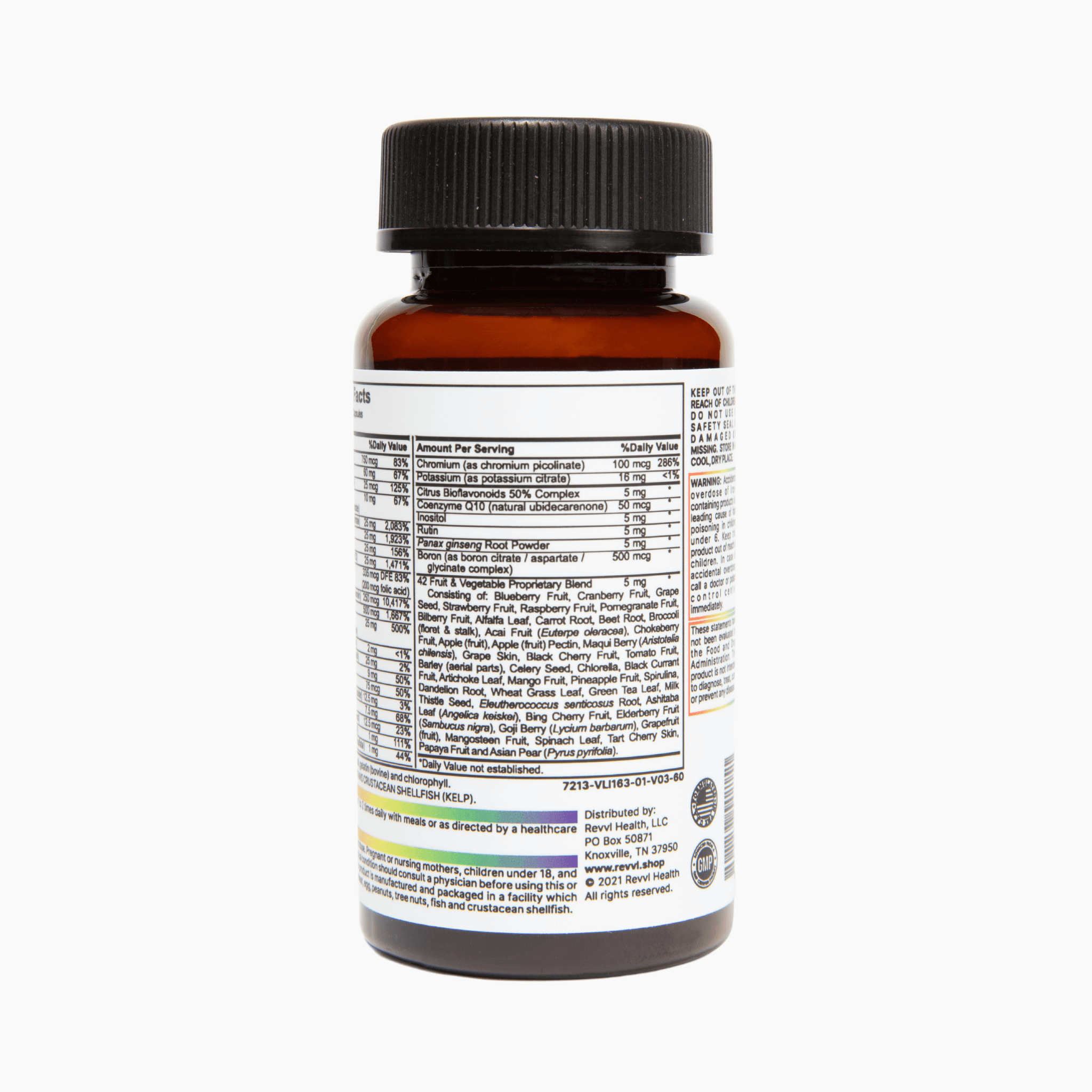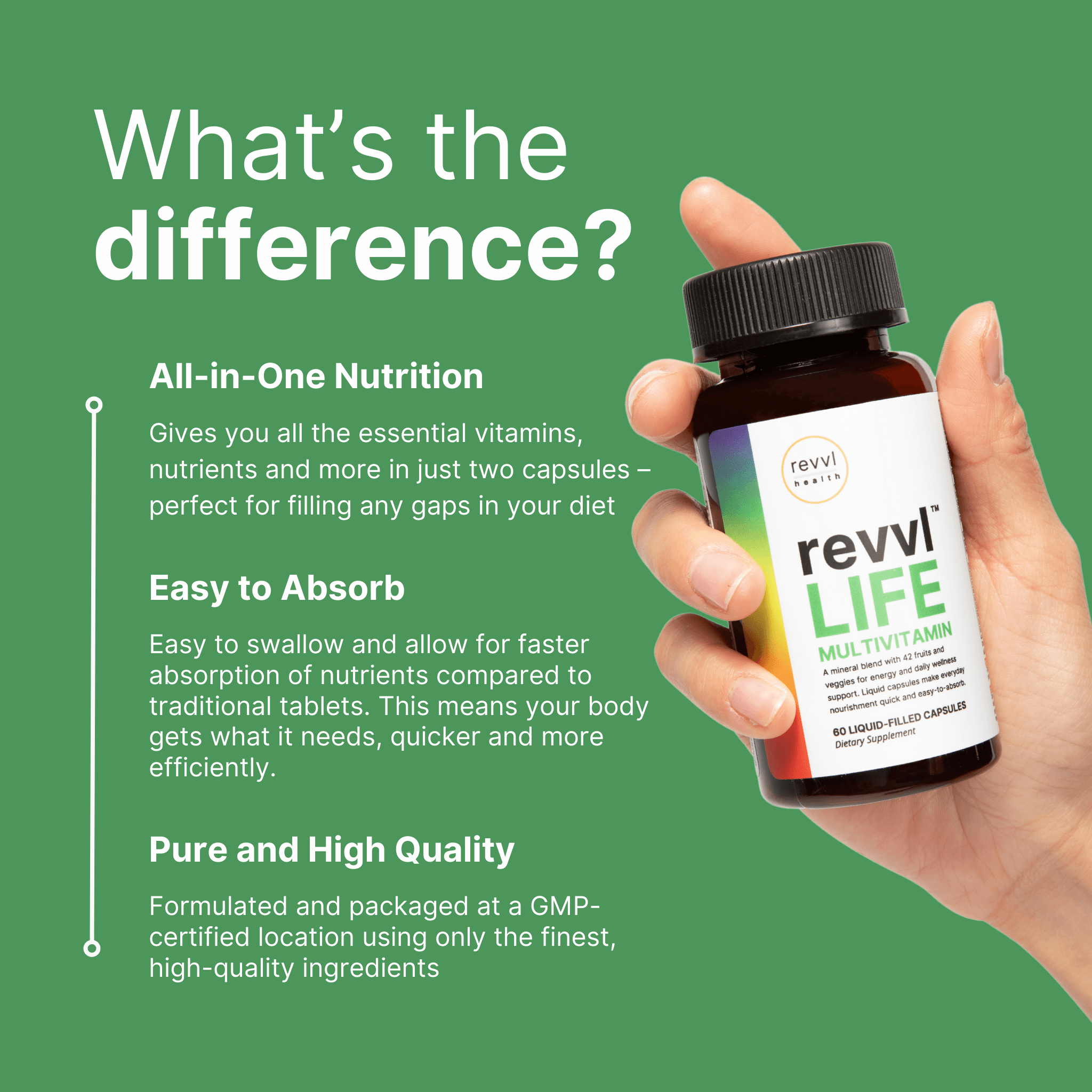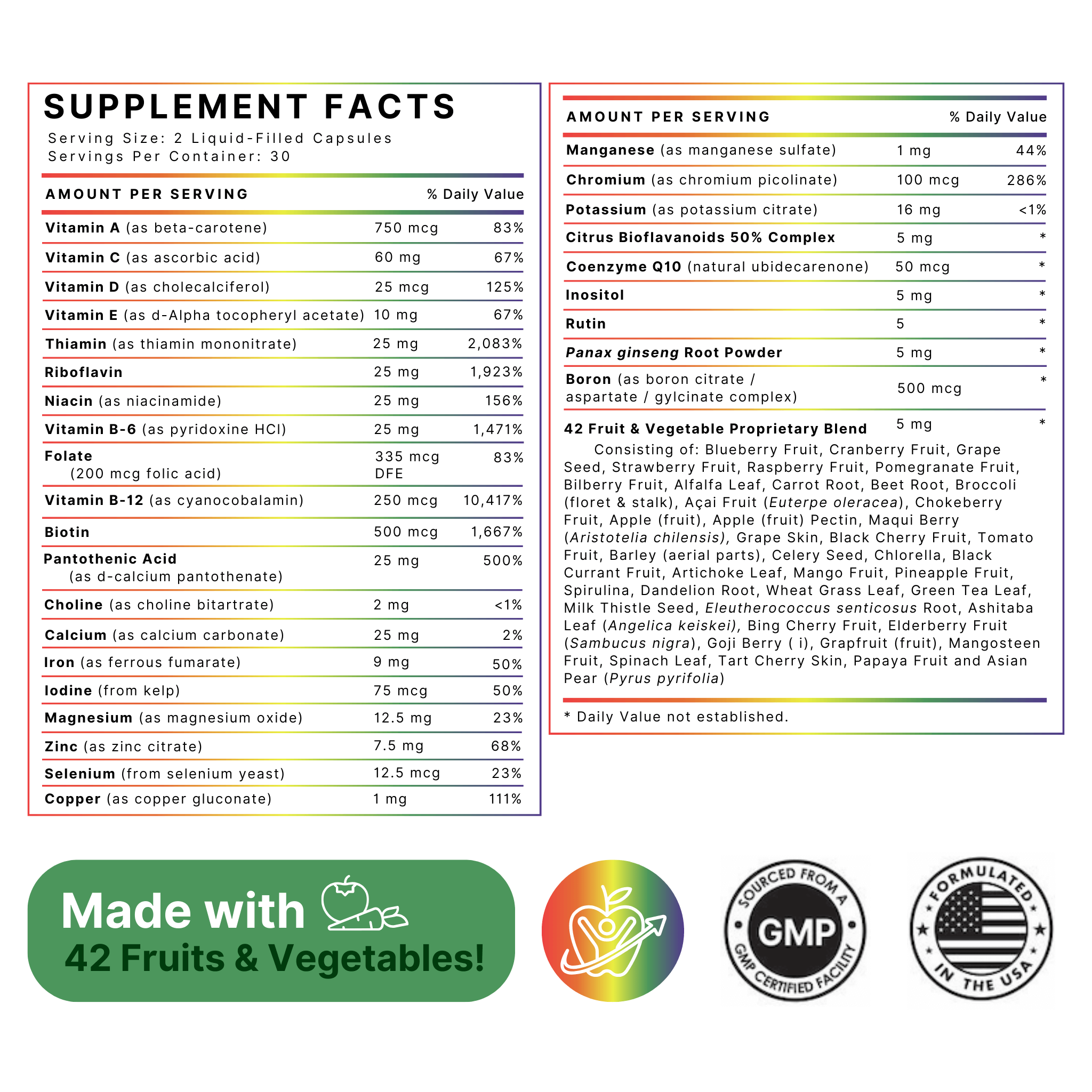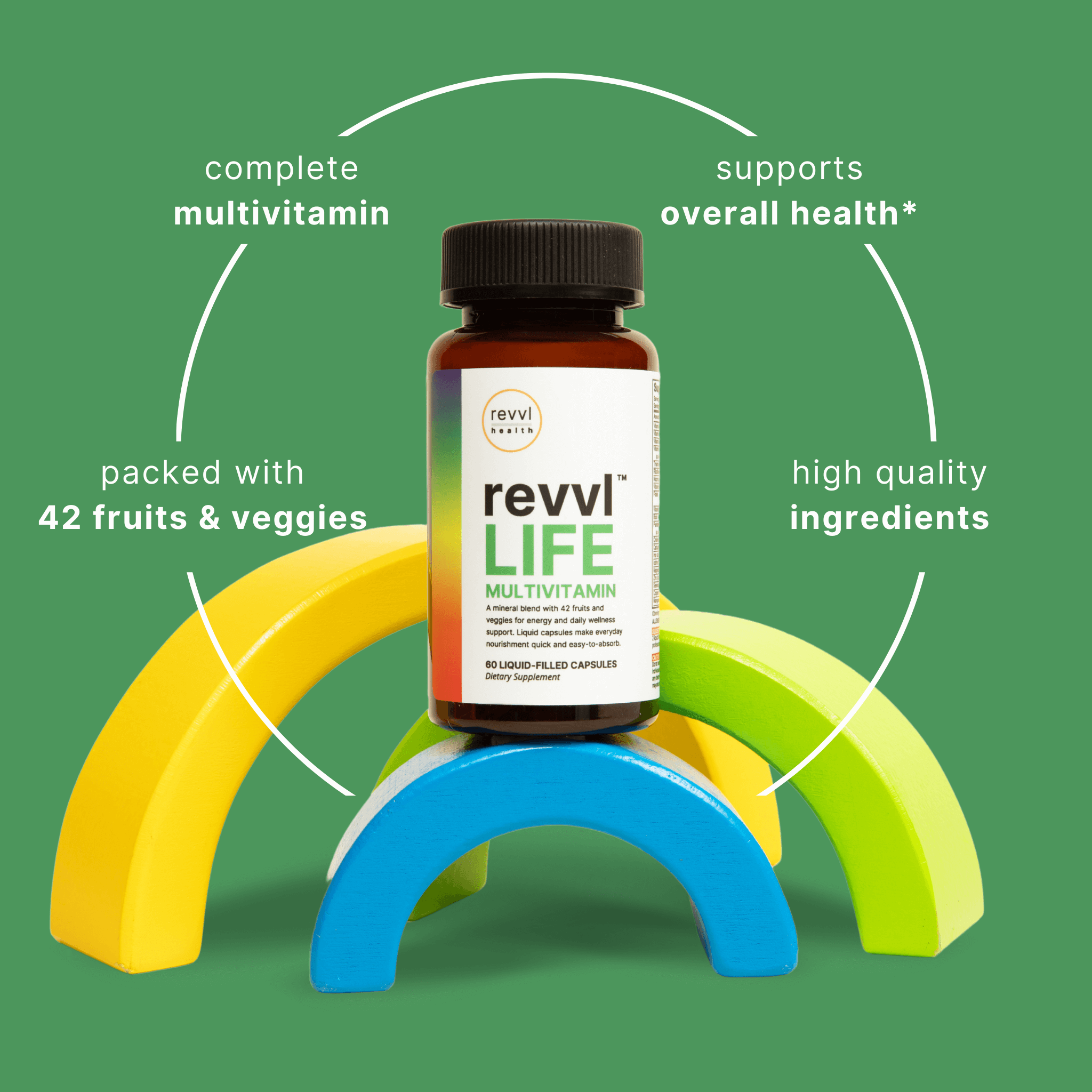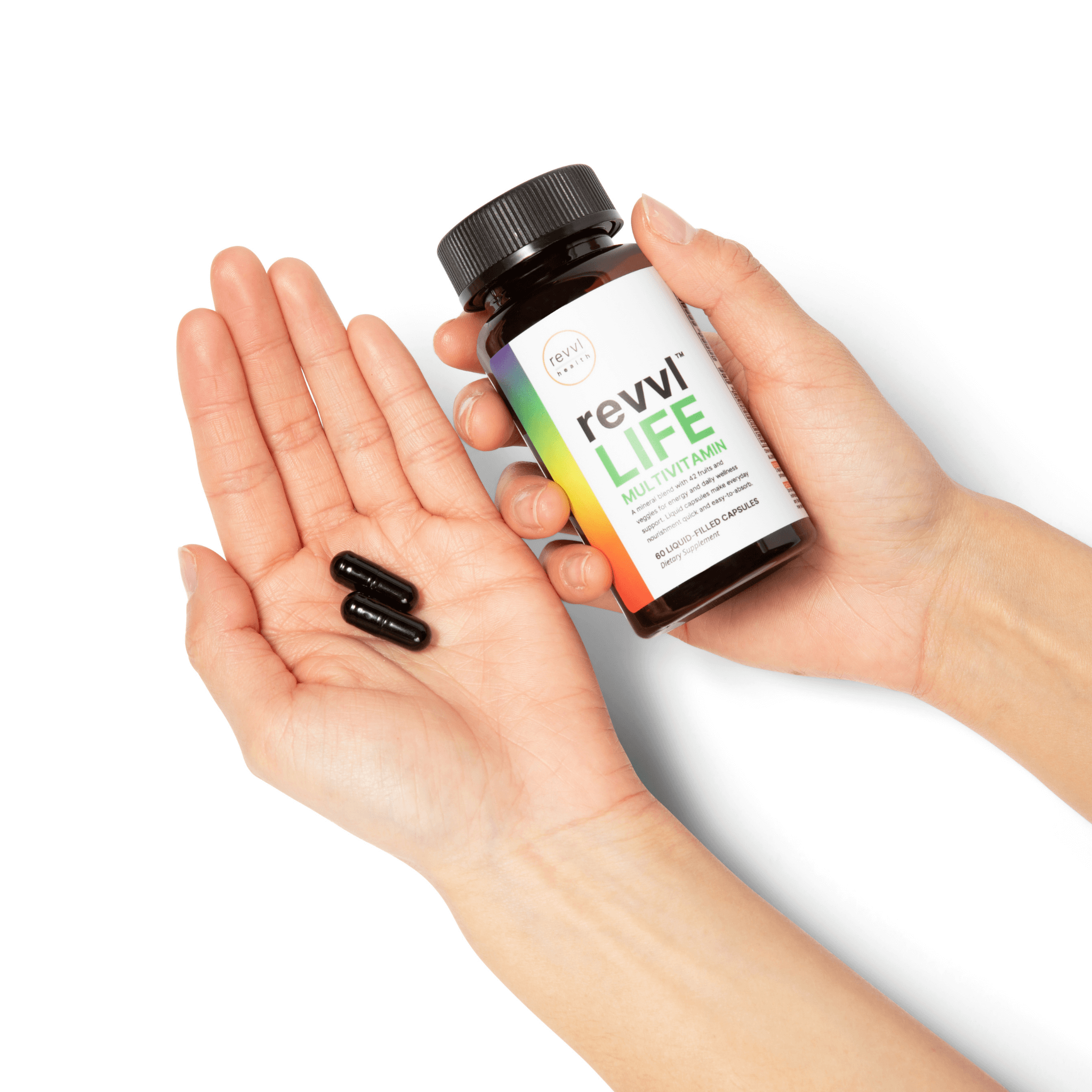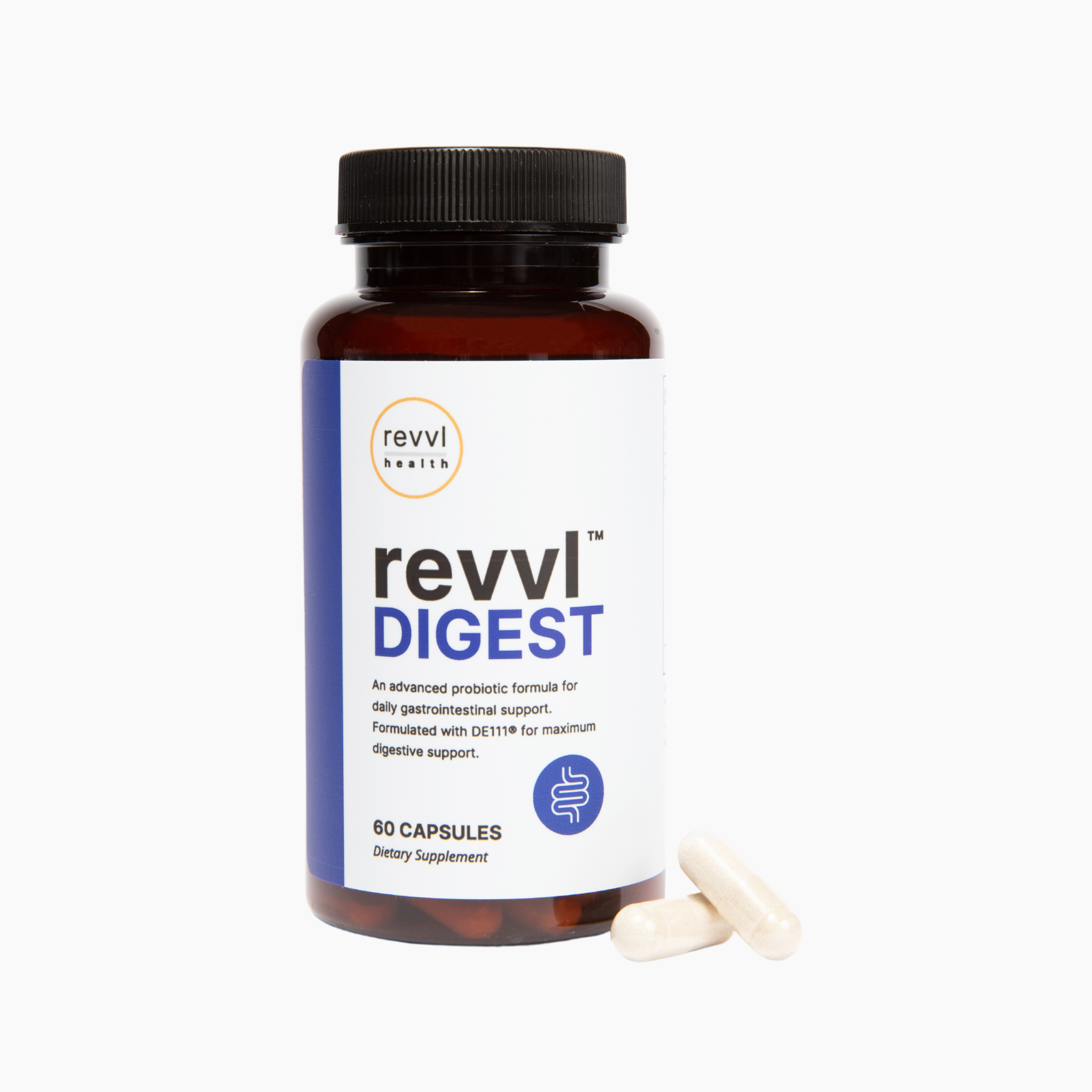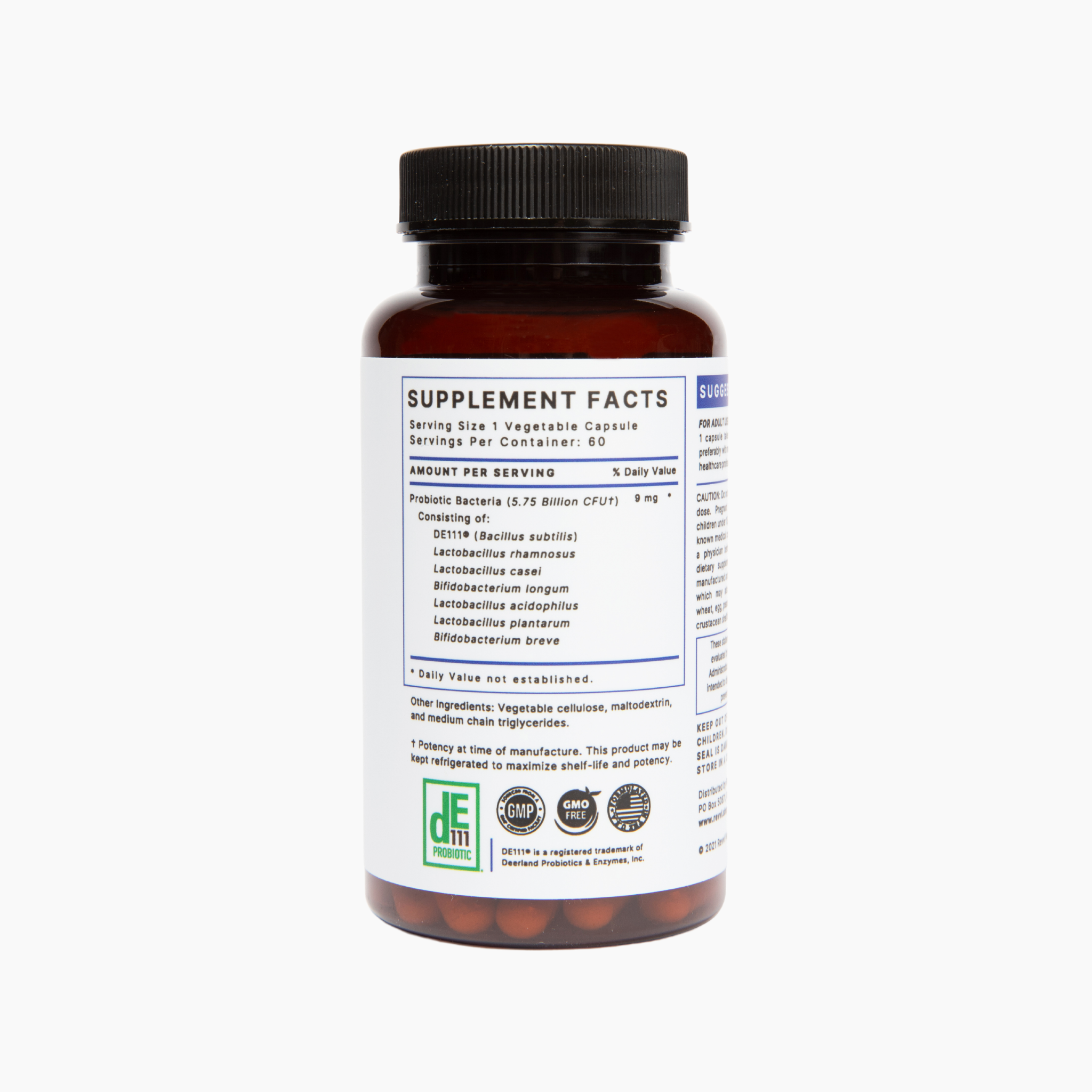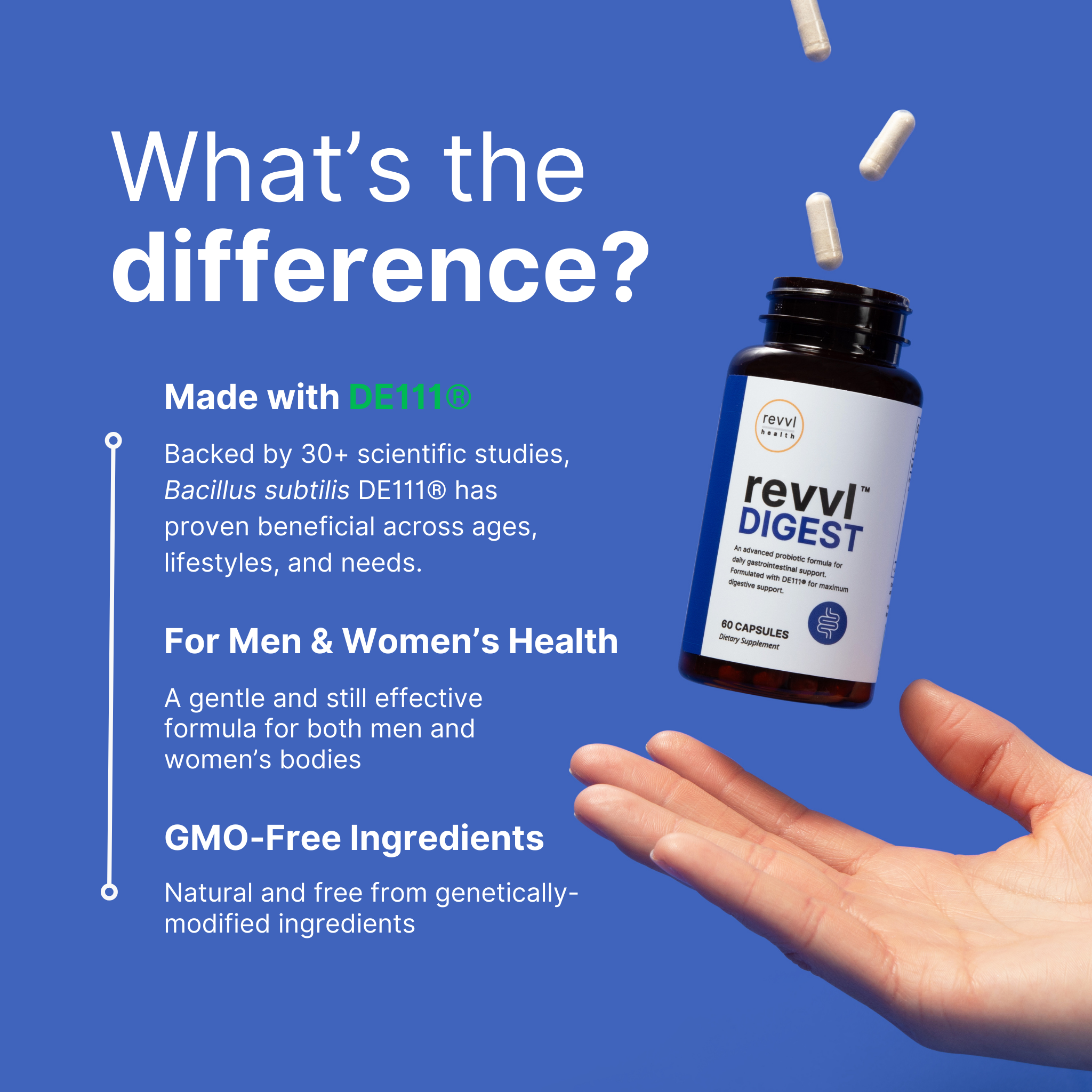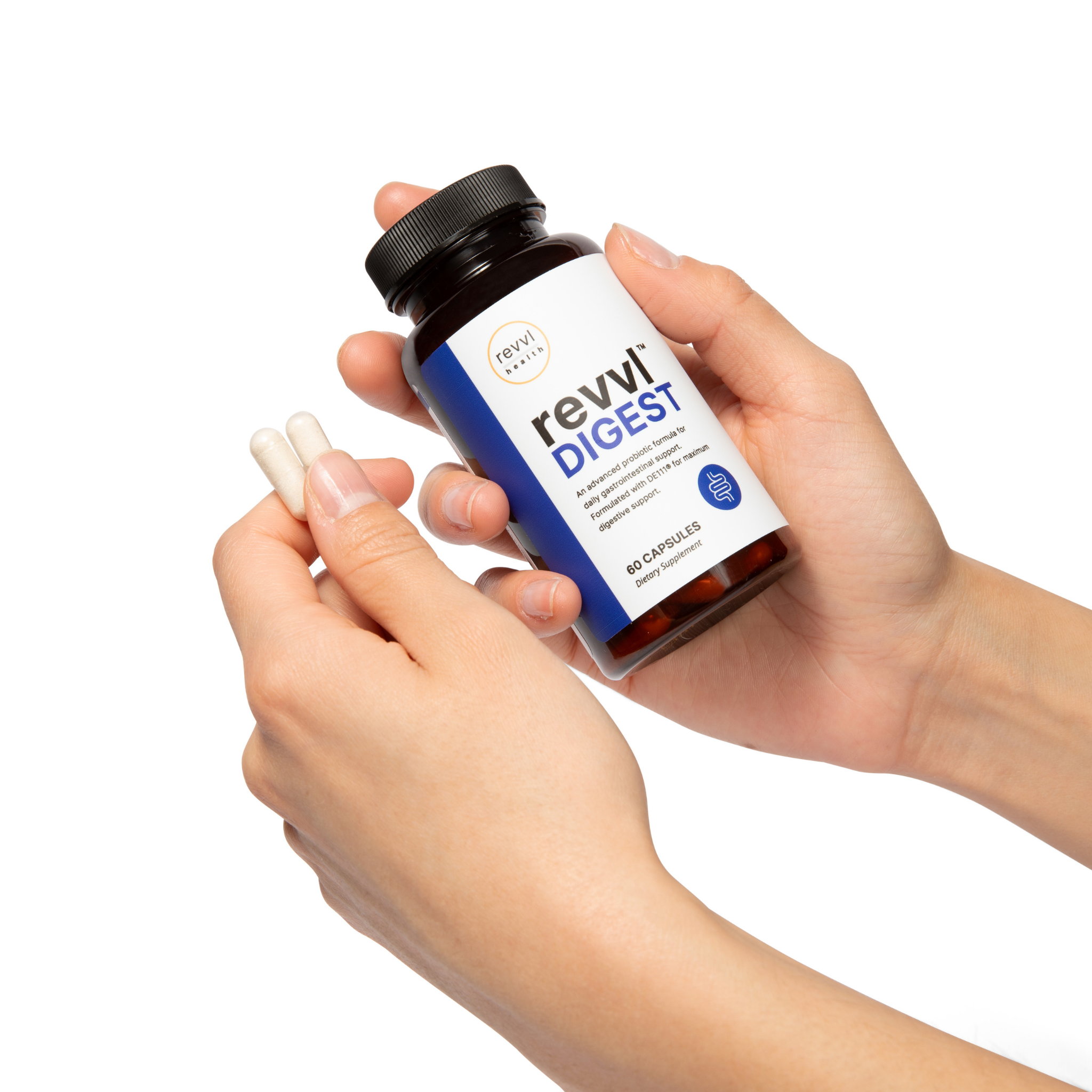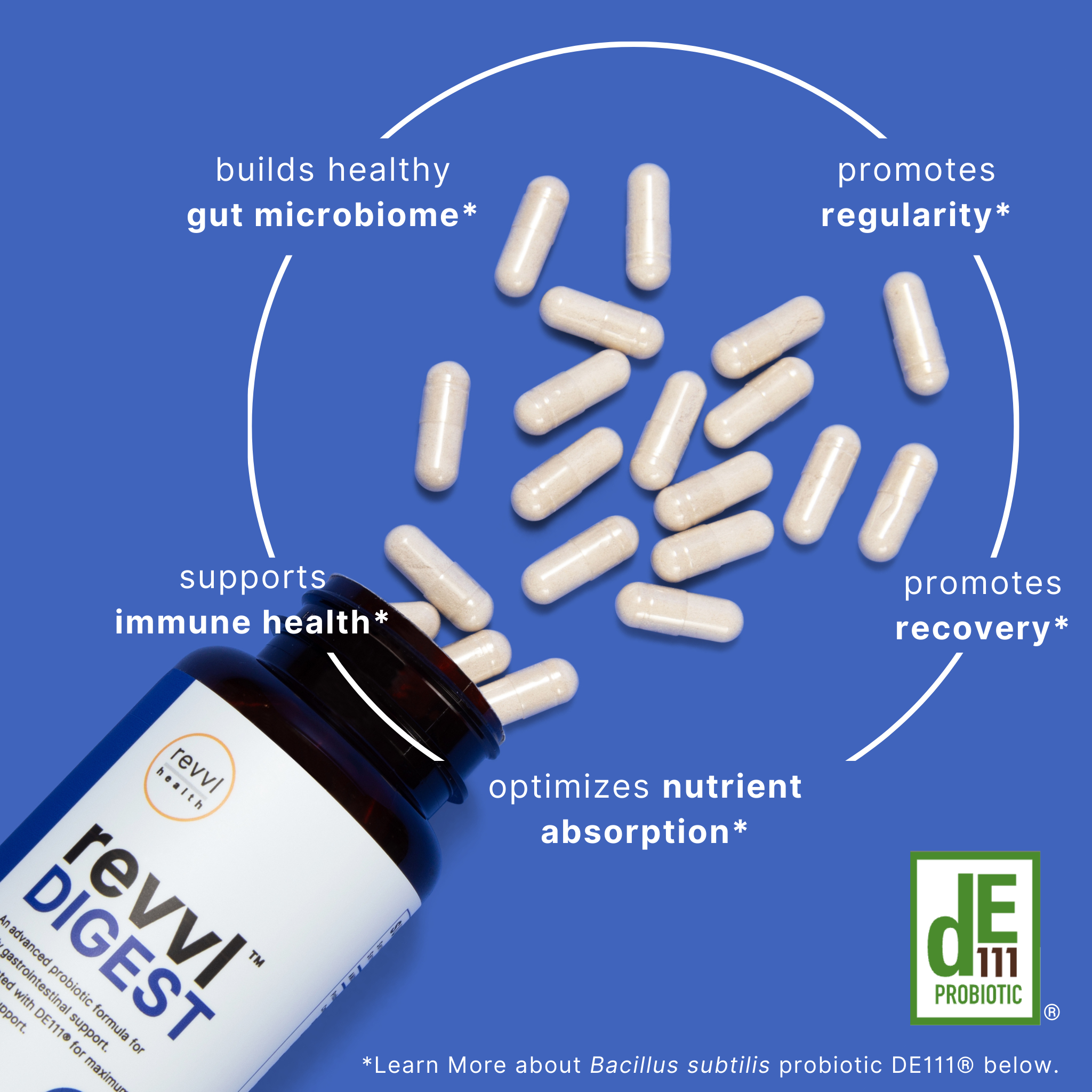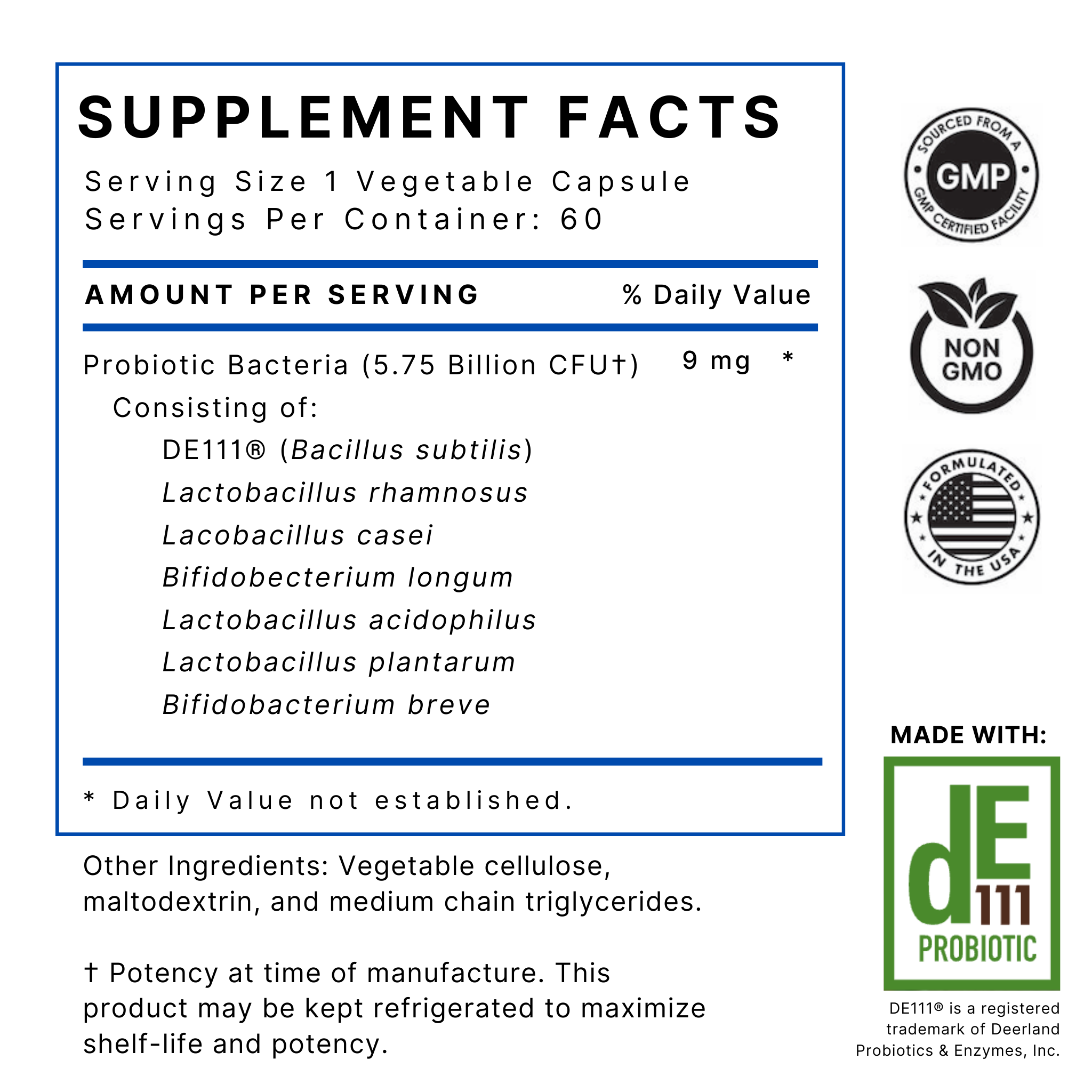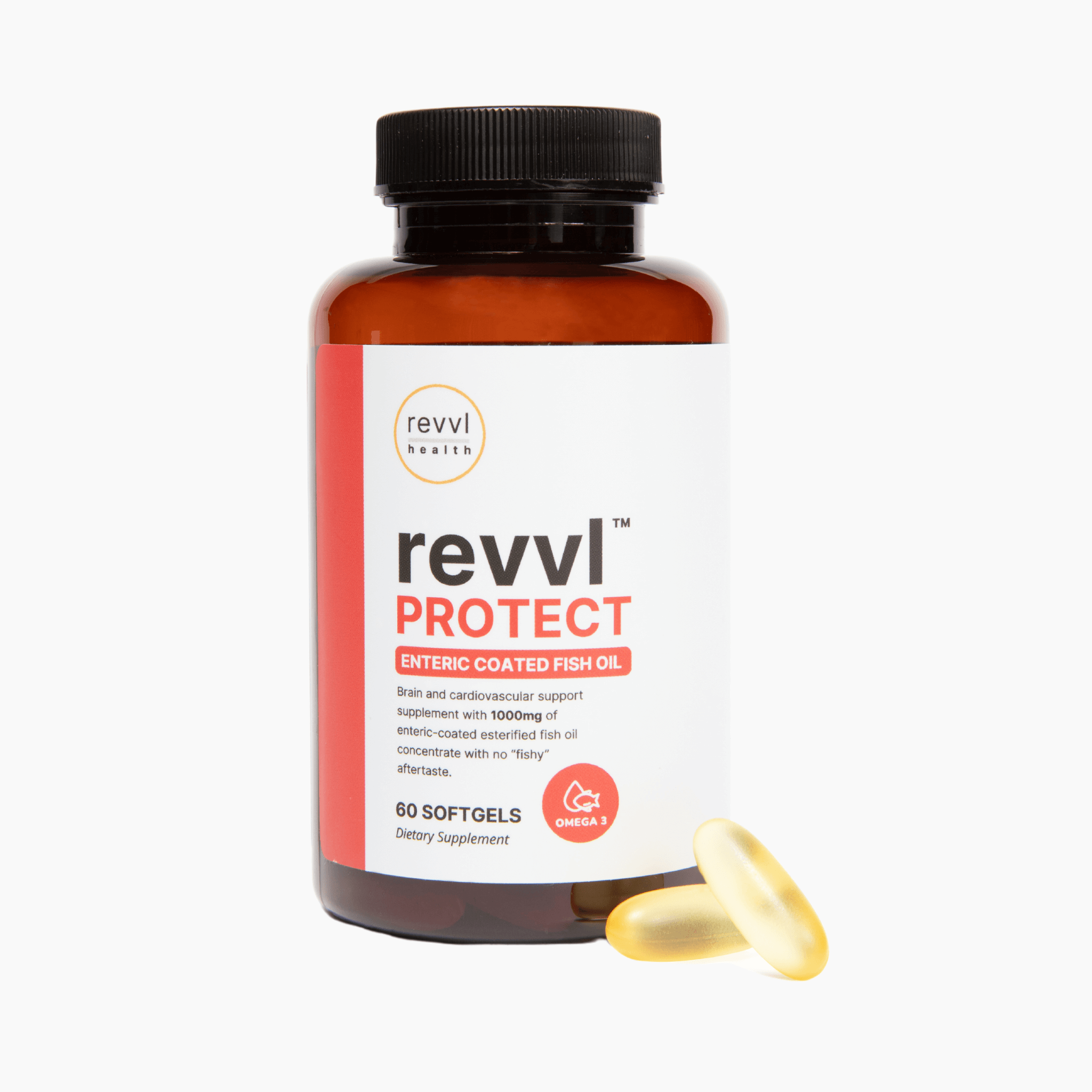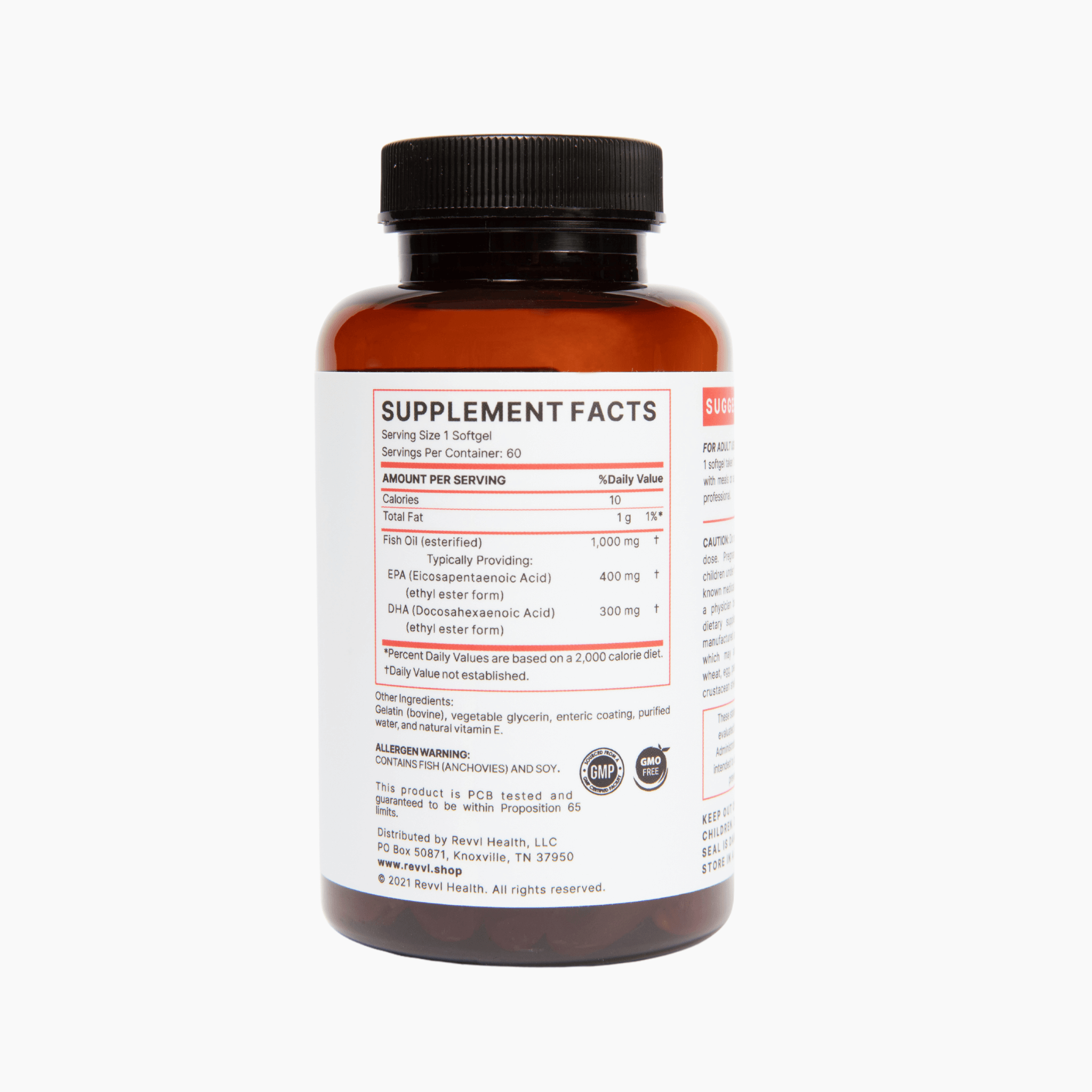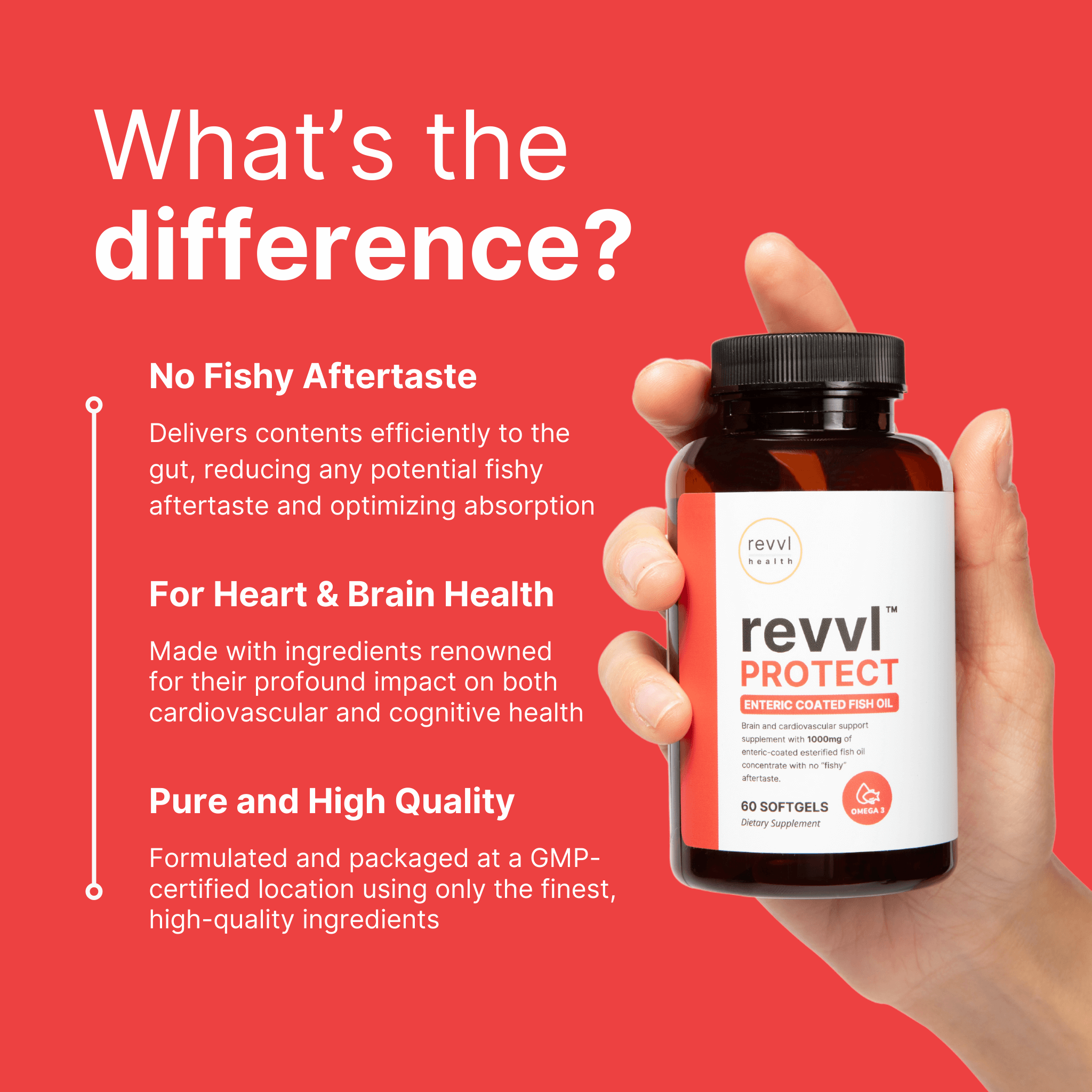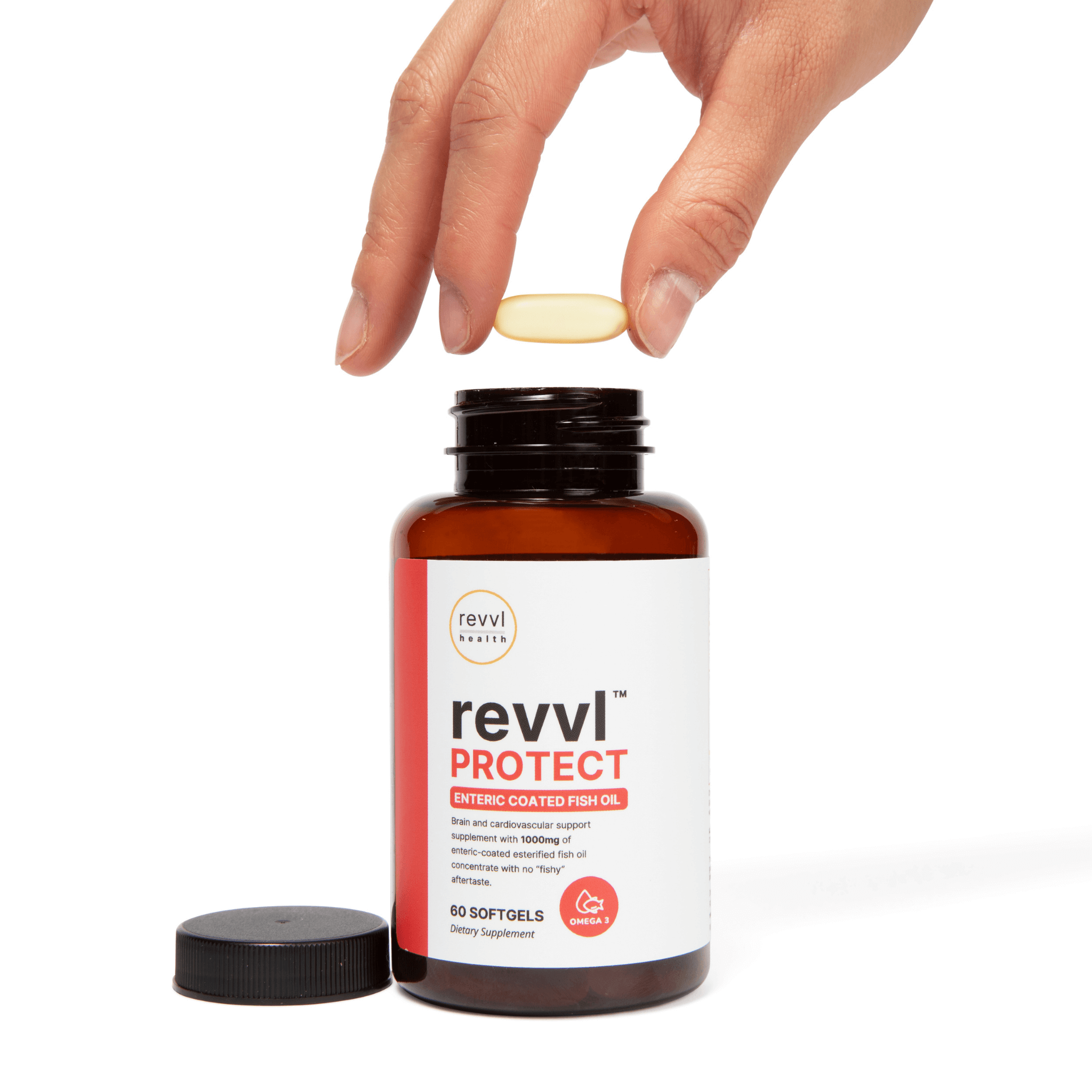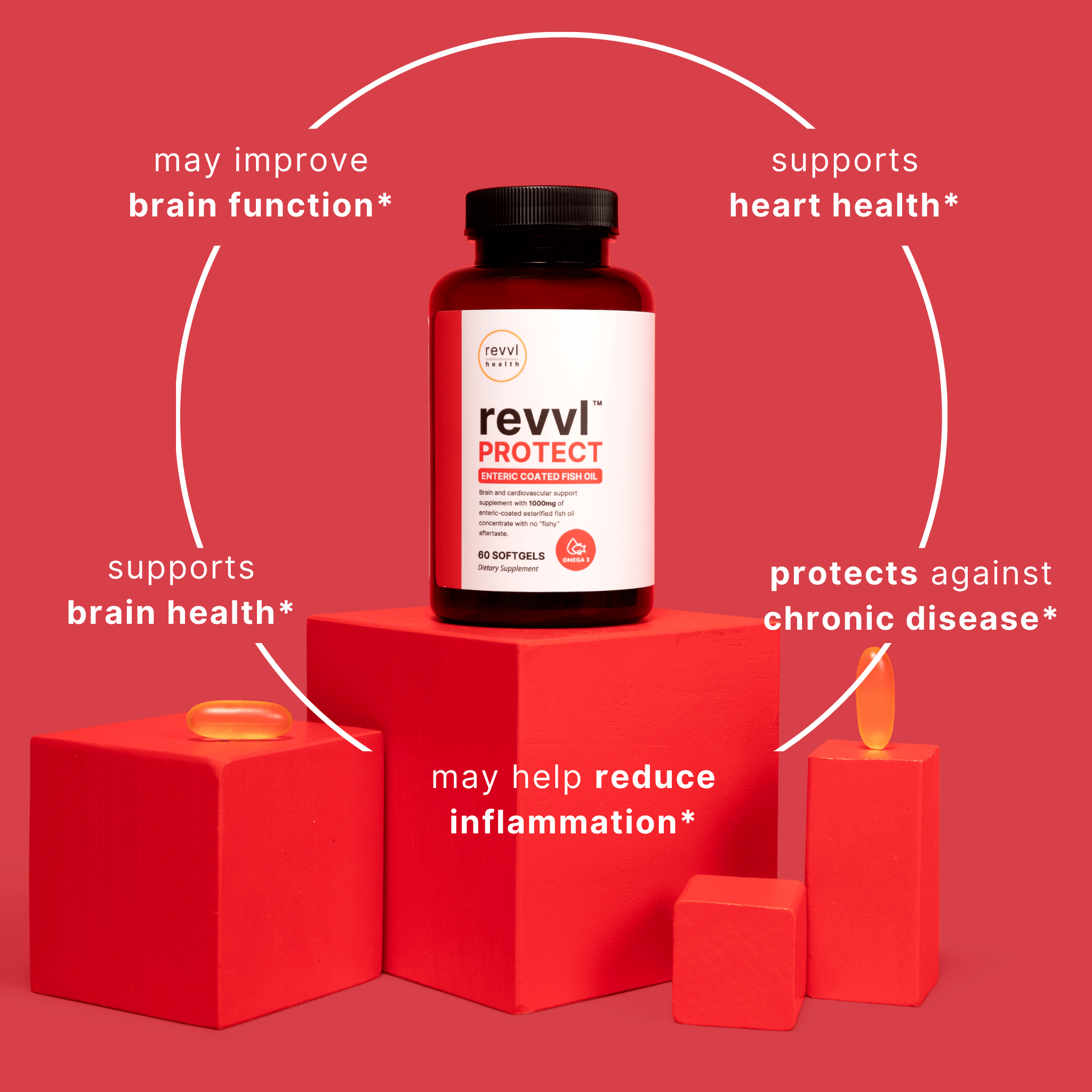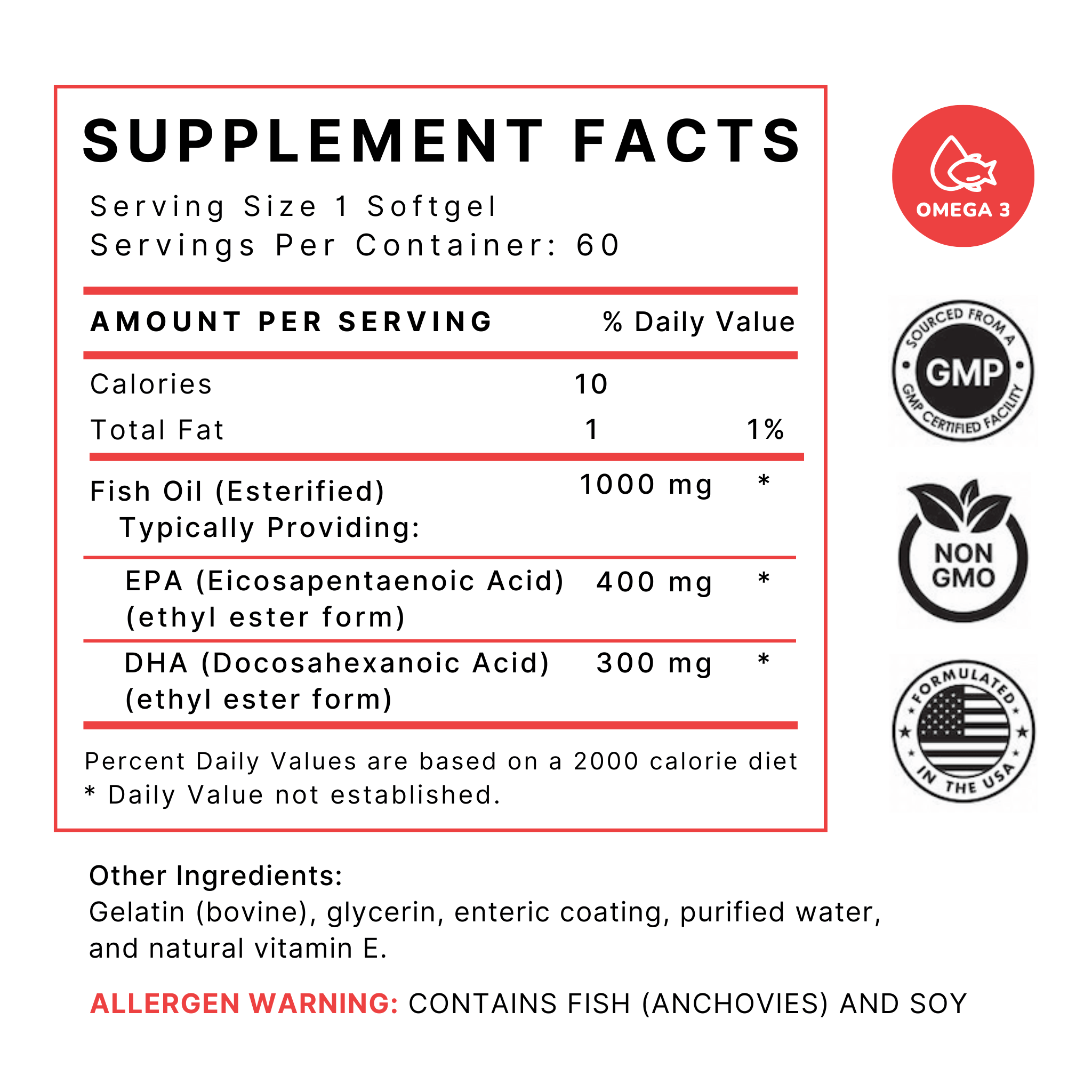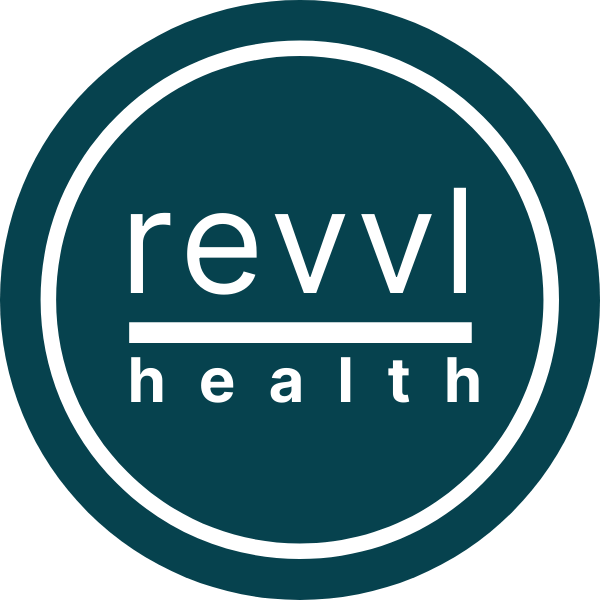If you've been researching natural ways to reduce stress, you've likely heard of this herb. But, what exactly is Ashwagandha and how can it help you?
Ashwagandha is a powerful adaptogenic herb that is said to help with nearly every aspect of health and well-being — including stress relief.*
Also known as Withania somnifera, Ashwagandha is an herb that grows in the harsh and often unforgiving regions of Northern India. This evergreen shrub goes by many names: including “Indian Winter Cherry” and “Indian Ginseng.”
Some History
Ashwagandha was first used by Ayurvedic practitioners in India and has become popular over the years among those who wish to take advantage of its many health benefits.
For over 3,000 years, countries like China, India and Japan have been using this adaptogen in traditional medicine to support immune cell health, improve memory and cognitive function, reduce stress levels and balance hormones.
Its other health benefits include reversing signs of aging, supporting joint health and even reducing muscle soreness after strenuous exercise (...just to name a few).
So, let's talk a little more about the modern benefits and uses of Ashwagandha.

Benefits of Ashwagandha
1. Managing Stress Levels
Ashwagandha has been shown to reduce cortisol levels in the body which is one of the reasons it's so effective in reducing stress and anxiety. Cortisol is a stress hormone that increases during periods of high psychological or physical stress on your mind and body. Most commonly refer to this phenomenon as the “fight-or-flight" response.
Researchers believe Ashwagandha may help in managing acute and chronic stress because it contains specific compounds called withanolides, which have similar effects to certain anxiety medications. These compounds are thought to boost the brain's GABA receptor activity, which can help reduce anxiety and decrease feelings of stress in the body.
2. Boosting Energy Levels
As an adaptogen, Ashwagandha has many benefits for improving energy levels, as well. It can help you feel more alert and focused throughout the day and its natural adaptogenic properties promote an energizing response by balancing the body’s natural energy functions.
Also, when stress levels are managed well and cortisol levels are balanced, the mind can handle stress or intense experiences without becoming overwhelmed.
3. Better Strength and Faster Recovery
Ashwagandha is especially beneficial for athletes, who can benefit from its ability to boost physical strength and endurance during strength training.
This herb helps people recover quickly after physical activity by reducing muscle soreness and fatigue. This is because its antioxidant properties make it an effective way to fight against the harmful effects of free radicals, which can build up over time and negatively affect healthy cells and tissues which slow down the body’s recovery process.
Ashwagandha is a great addition to most fitness and nutrition regimens and for those who may be training as the result of stress-related weight gain.
4. Improving Sleep Quality
The unique compounds that make up the Ashwagandha plant have been shown to help improve sleep in those with difficulty sleeping by increasing natural melatonin levels and reducing the level of cortisol in the body – especially in older individuals.
Many researchers believe that this process works by increasing levels of serotonin and melatonin in the body, according to published studies. Some have also found that people taking Ashwagandha had less daytime drowsiness and fatigue than those taking placebo pills – making this specific ingredient a great sleep aid for those seeking relief from occasional sleeplessness.*
Ashwagandha may be a good alternative to those who have grown dependent upon melatonin products that can often leave on
5. Improving Cognitive Health and Mood
Beyond its traditional medicinal uses, Ashwagandha has recently gained popularity as a natural nootropic supplement that can improve memory, overall brain function, concentration and even mood.
In a study involving 40 people with age related cognitive decline, half were given 250 milligrams of Ashwagandha twice daily for six months along with other regular treatments, while the other half received only the regular treatment (the researchers did not know which group was getting which). At the end of six months, those taking Ashwagandha showed improvements in memory, attention span and information processing speed compared to those who didn’t take it.
Studies like these have led researchers to believe that adaptogens like Ashwagandha have many neuroprotective traits and with additional research, could be beneficial for protecting against cognitive decline during the aging process.
How Can I Take Ashwagandha?
There are several ways you can use Ashwagandha:
- (Most Recommended*) Capsules with Root and Leaf Extracts– These are available in health food stores, pharmacies and online. You can take these capsules or tablets daily as a dietary supplement. This is the the recommended form of taking Ashwagandha because it includes the compounding benefits of both the aerial parts of the plant and also its roots. It is easy to locate, purchase and to take with you for times when you may feel overwhelmed.
- Capsules with Root Only Extract – These are also available in stores near you or online – but typically have a lower efficacy. Herbs in this format have a long track record of safety and efficacy and while the Food and Drug Administration (FDA) does not regulate food or dietary supplements before they are sold, they do keep a close watch on the supplement labels. A good rule of thumb when buying supplements is "the simpler your ingredient label, the cleaner it is."
- Tea – To make tea from dried roots, you can pour boiling water over 1 teaspoon of dried root powder and steep for 10 minutes before straining into a cup. Drink up to 3 cups per day for maximum benefit. Unfortunately, Ashwagandha does not taste the best in a tea, but you can offset its bitter taste with honey or lemon for flavor.
- Liquid Ashwagandha Extract – This is a liquid concentrate made from the roots of the plant that's available from some health food stores or pharmacies (ask at your local pharmacy or health food store). It's usually taken by mouth as a drink once daily diluted in water or juice or mixed with food or drinks (for example, smoothies or milkshakes).
What Kind Should I Buy?
Like most foods and dietary supplements, there are many different options available to purchase but not all are formulated equally. The best and most effective Ashwagandha supplements on the market are extracted from both the root and the aerial parts of the Ashwagandha plant.
Companies like Natreon, Inc. develop and manufacture some of the highest quality and best researched natural extracts available to the market – like their own Sensoril® Ashwagandha. This is one of the main ingredients in our product called Revvl Restore.
We recommend pairing your Ashwagandha intake with other adaptogens so that you receive the compounding benefits of these herbs.
Resources and Extra Reading:
[1] https://www.ncbi.nlm.nih.gov/pmc/articles/PMC6979308/
[2] https://www.ncbi.nlm.nih.gov/pmc/articles/PMC4270108/
[3] https://www.ncbi.nlm.nih.gov/pmc/articles/PMC3614697/
[4] https://www.ncbi.nlm.nih.gov/pmc/articles/PMC8006238/
[5] https://www.ncbi.nlm.nih.gov/pmc/articles/PMC4658772/
[6] https://www.ncbi.nlm.nih.gov/pmc/articles/PMC8462692/



